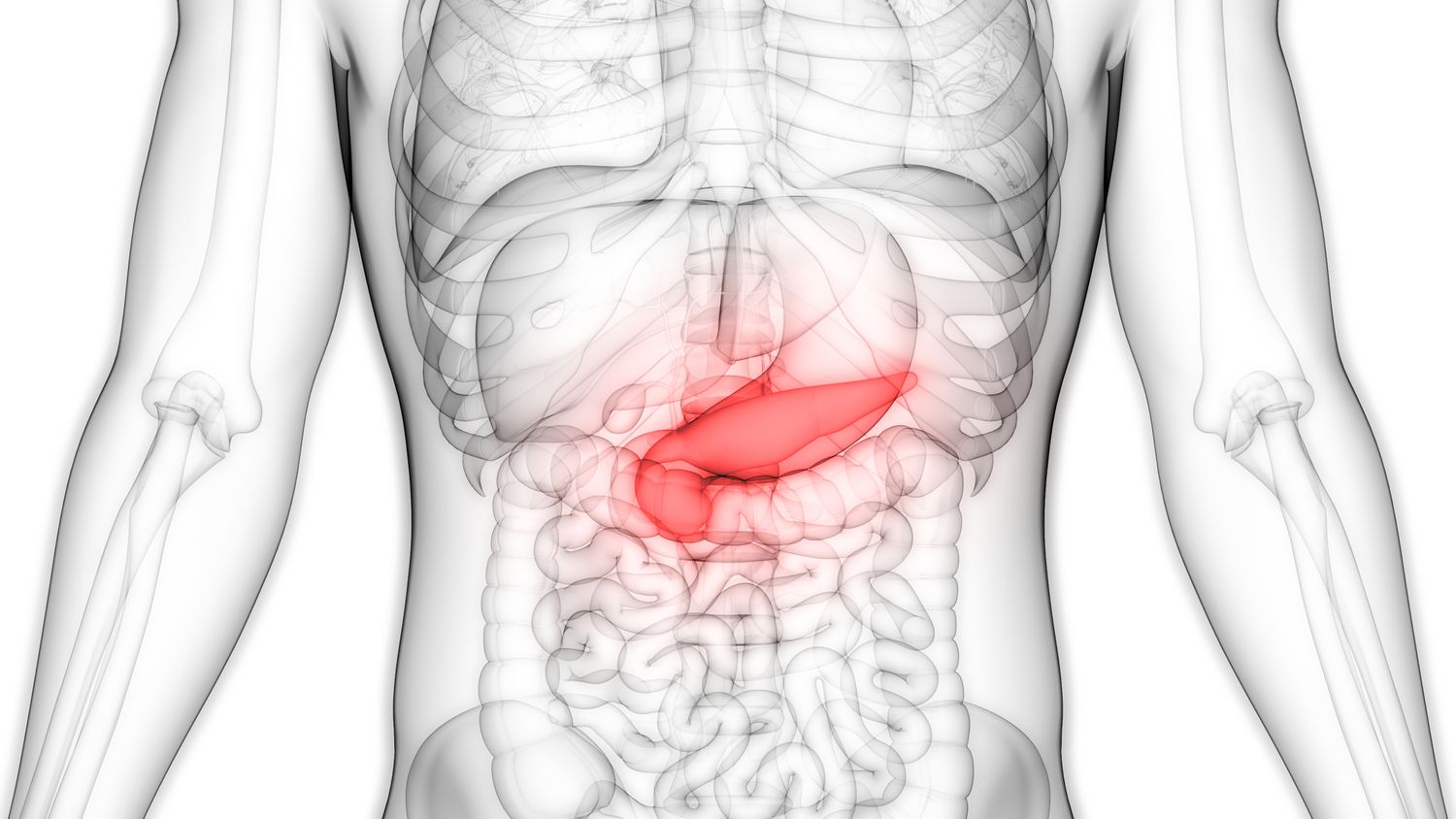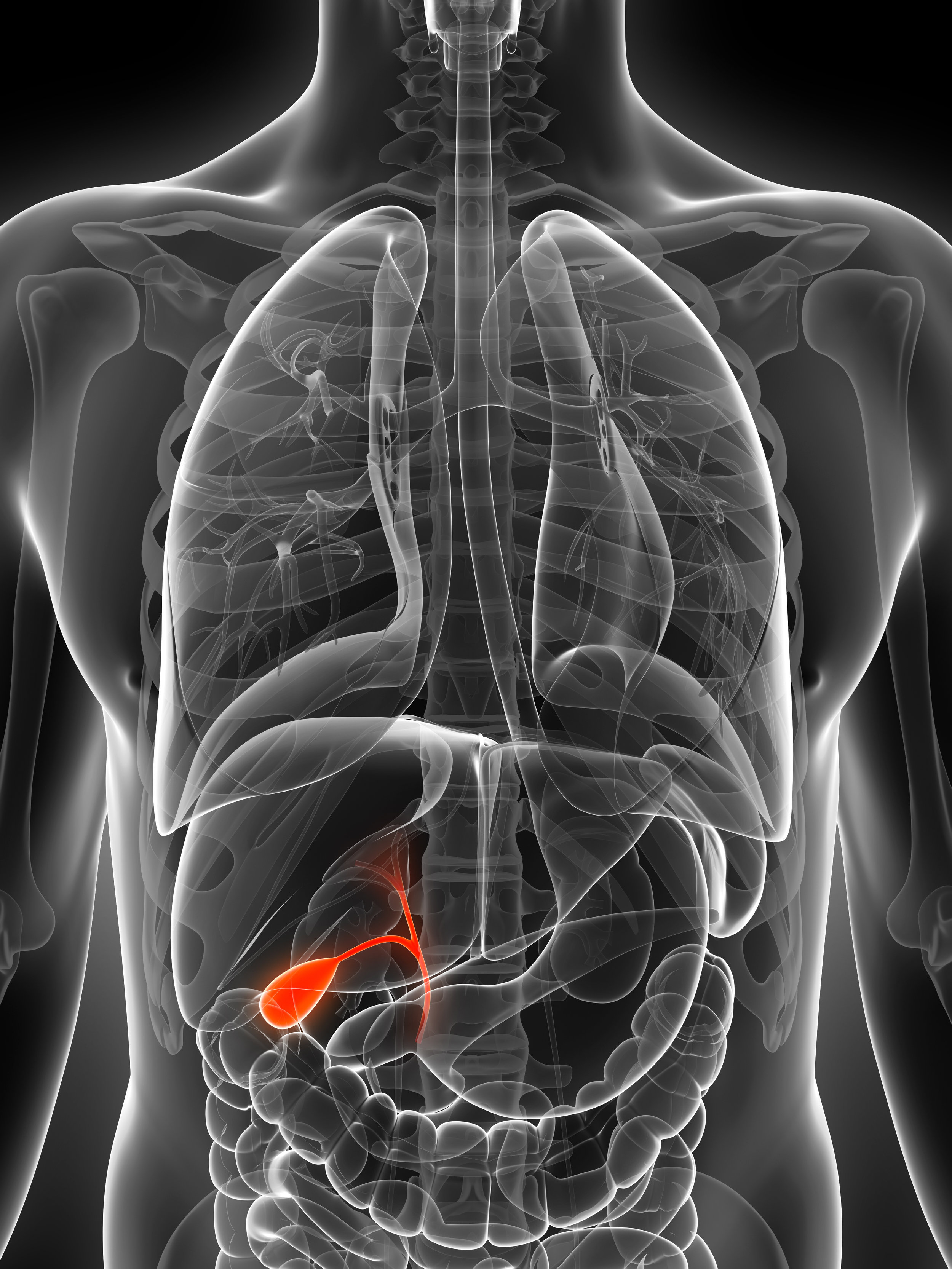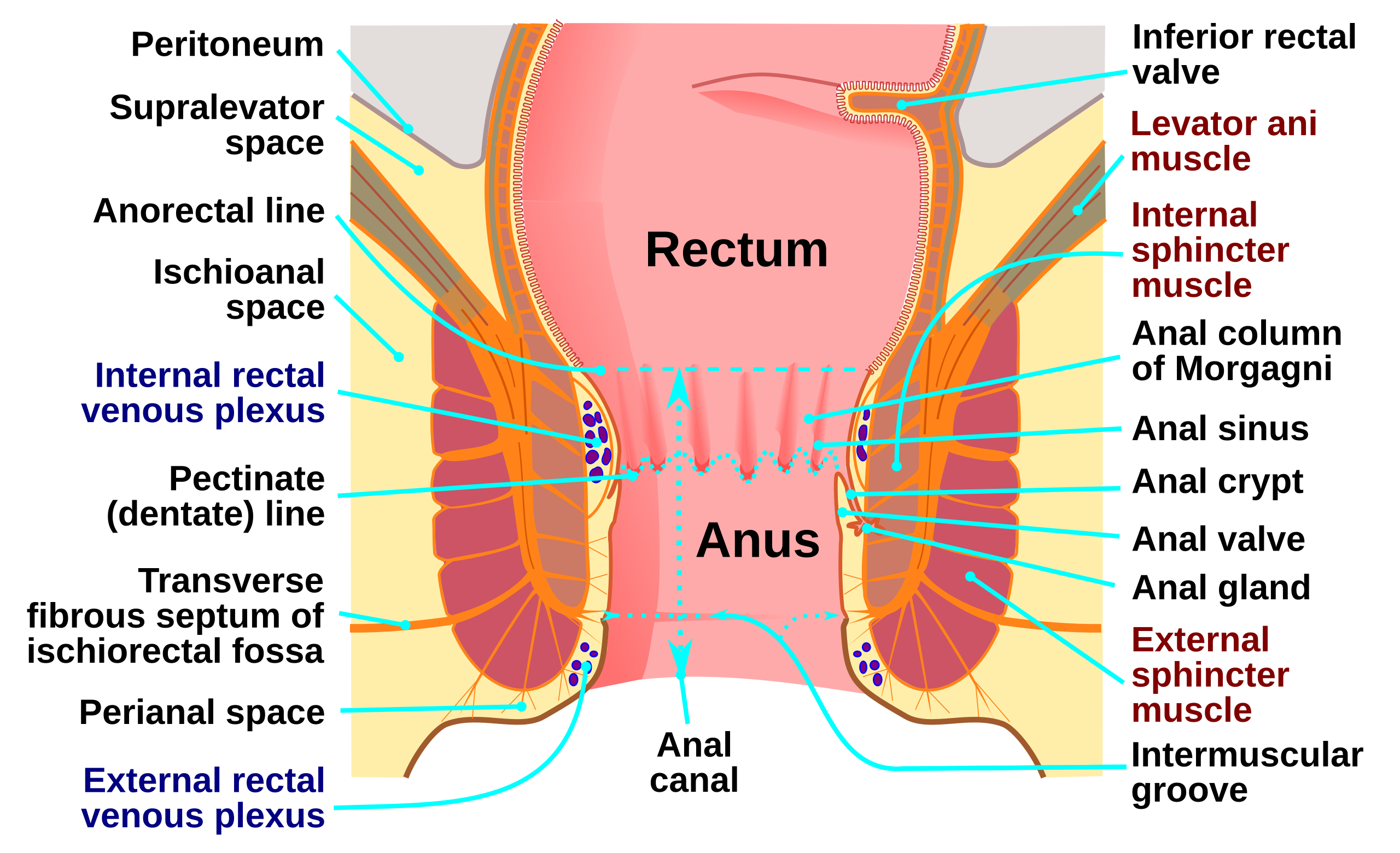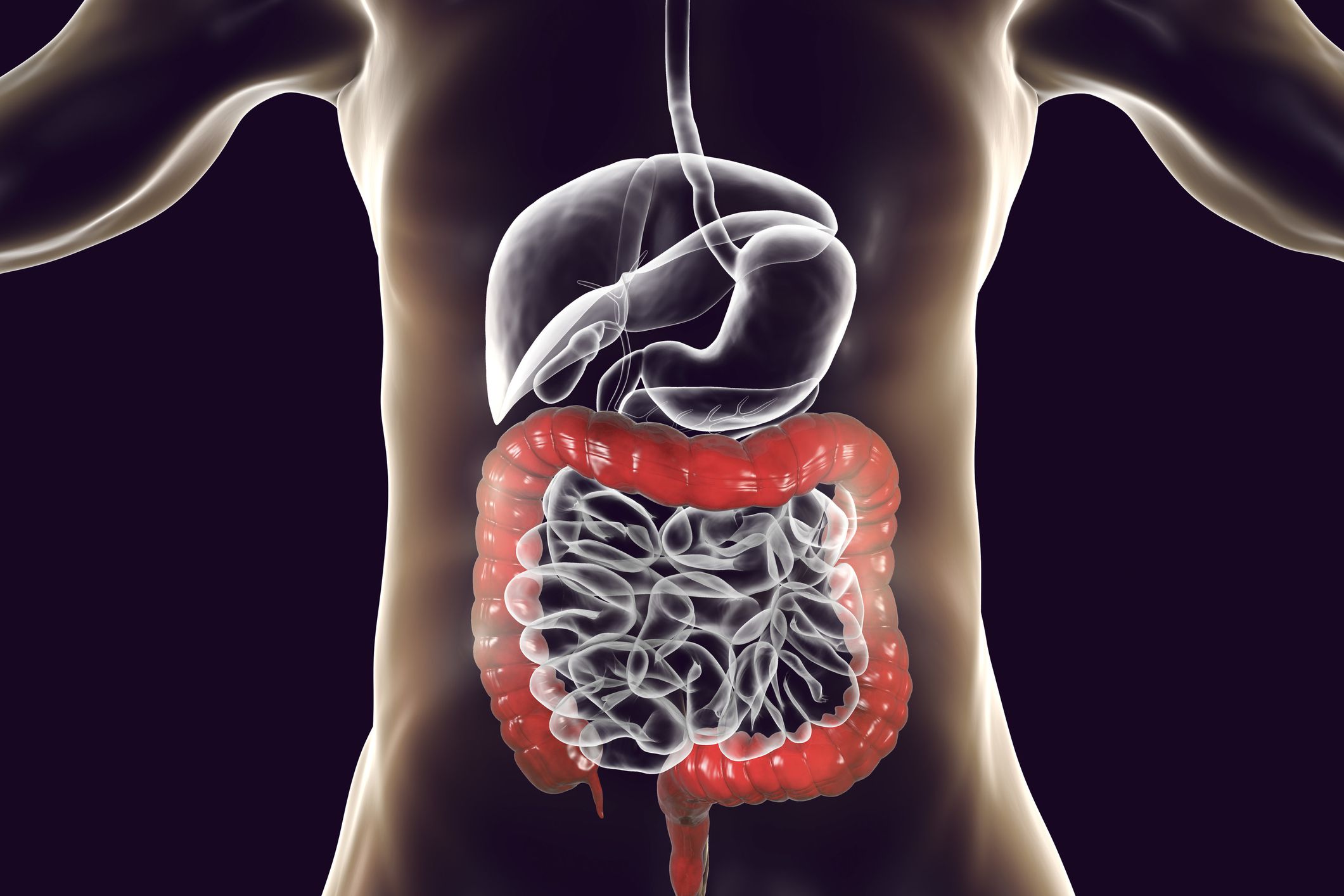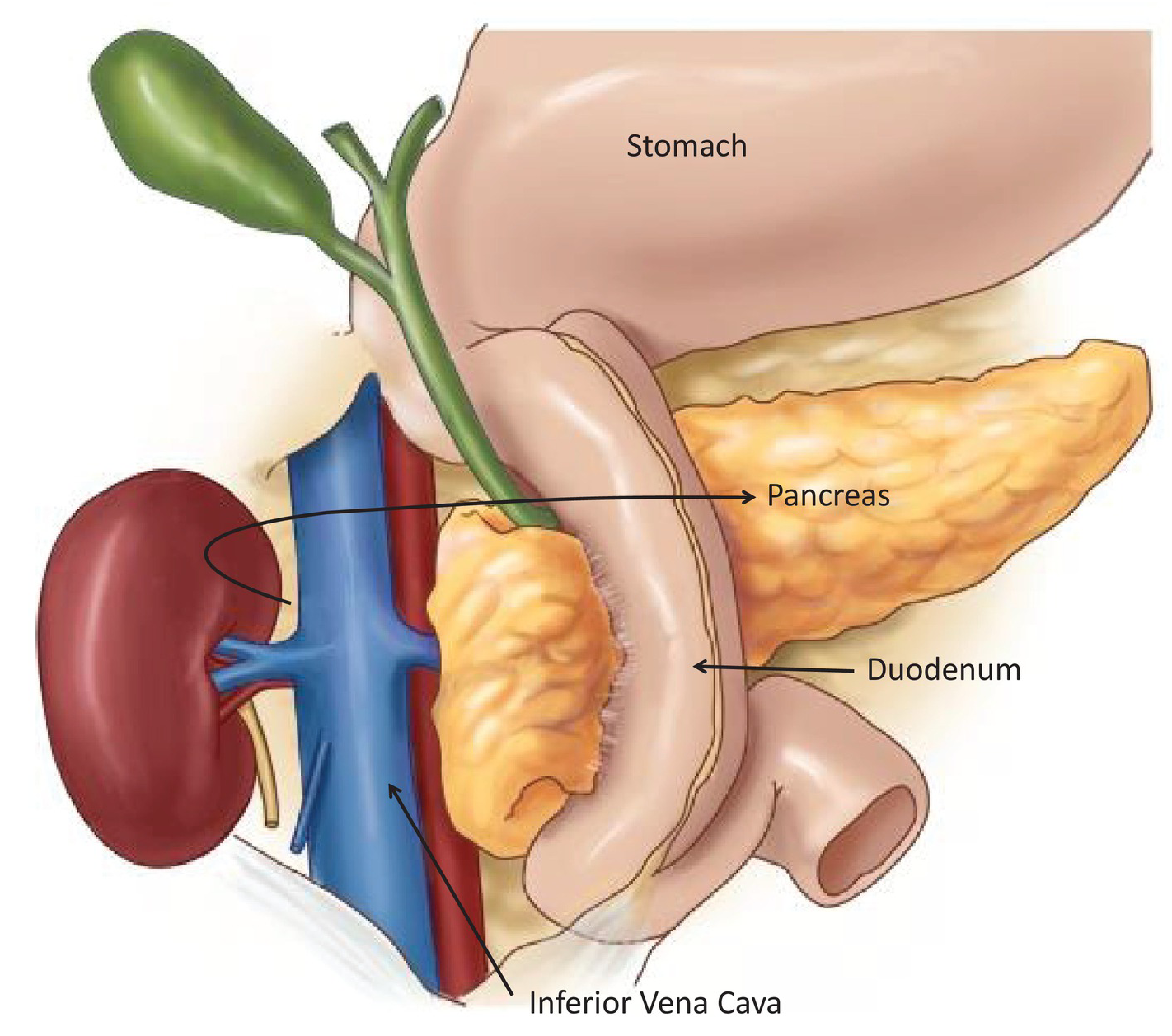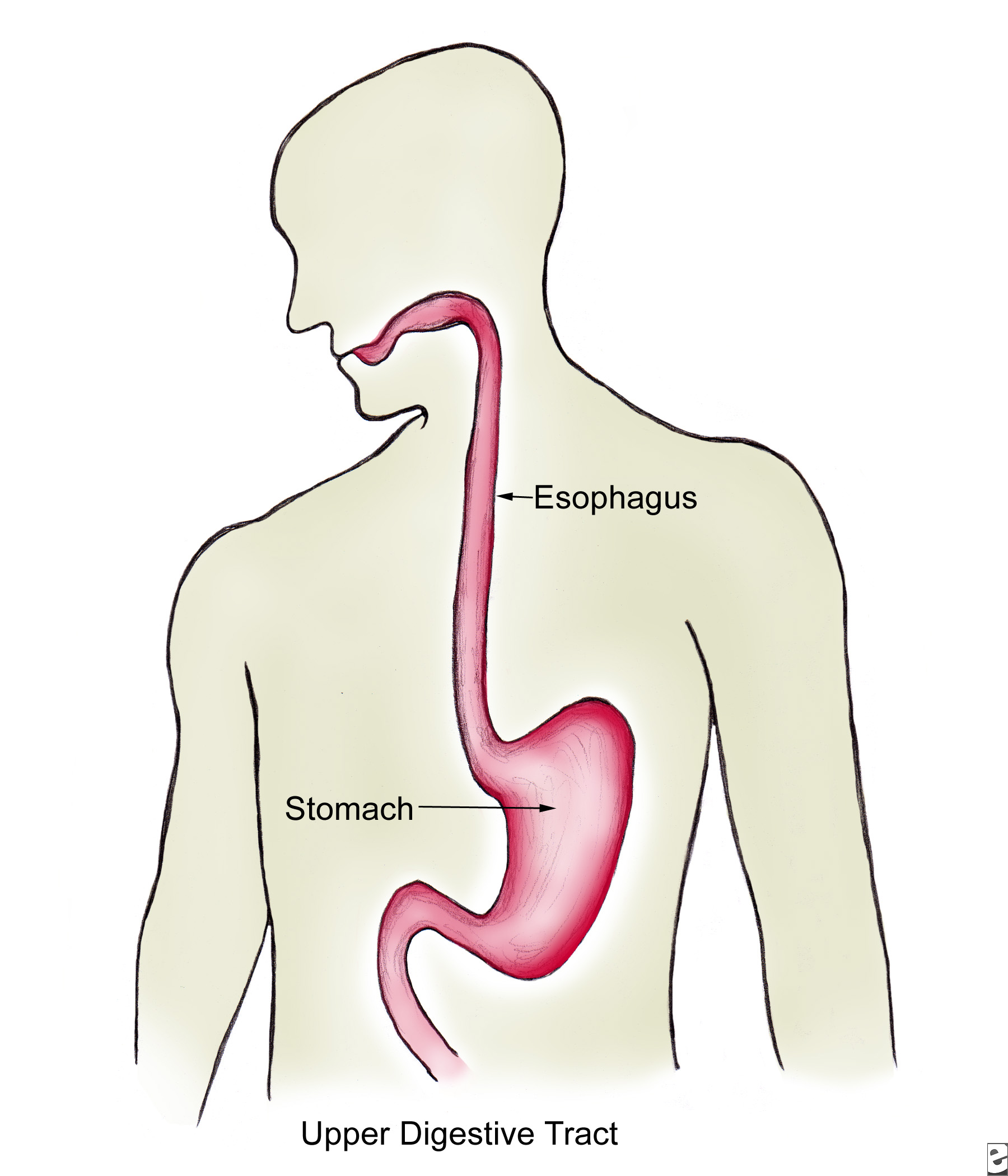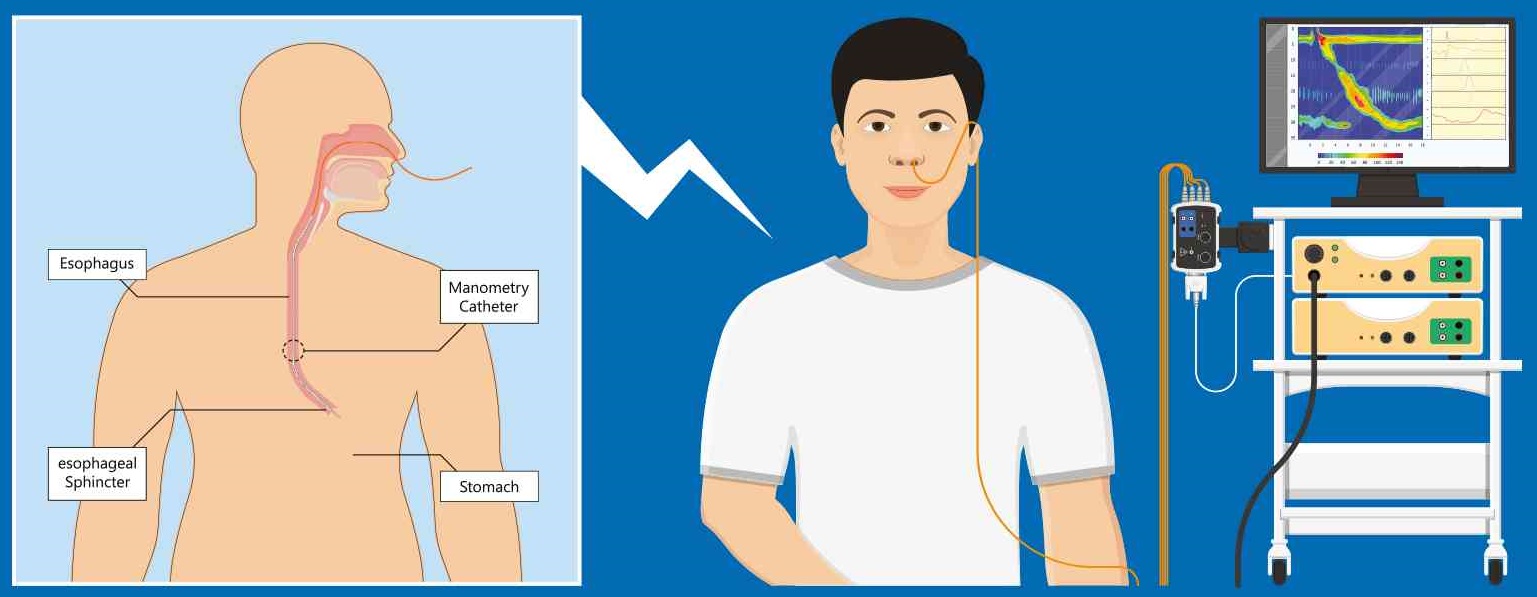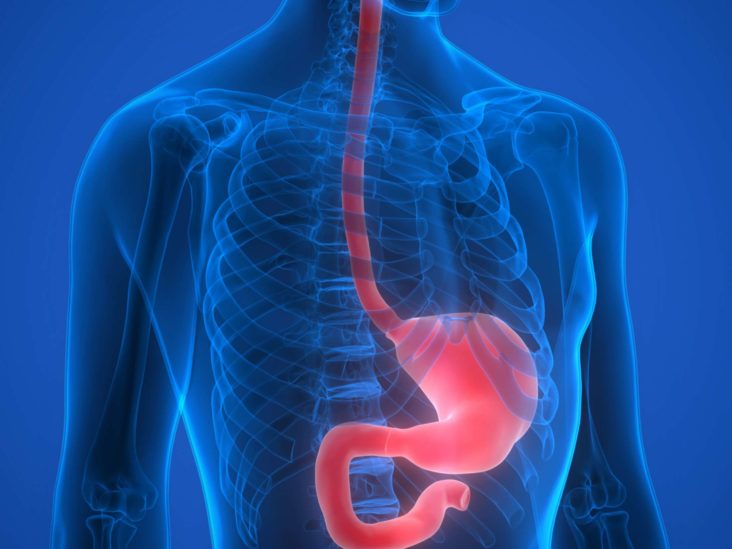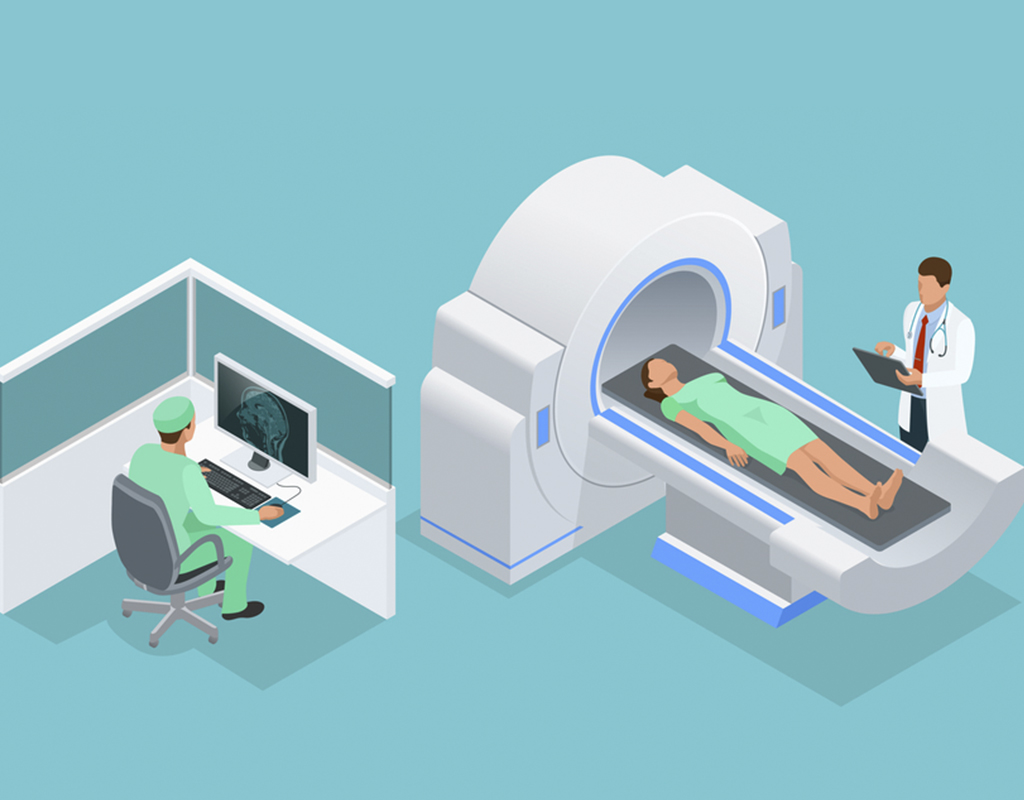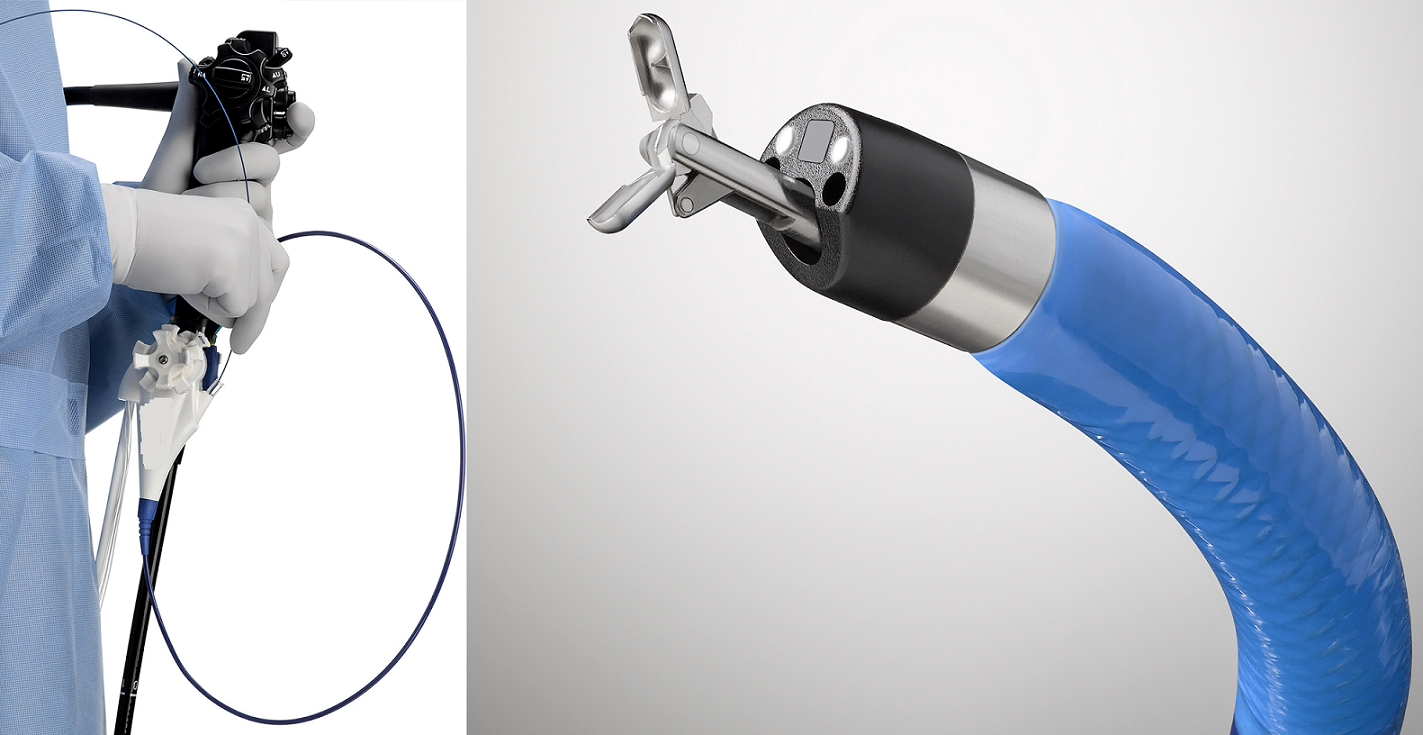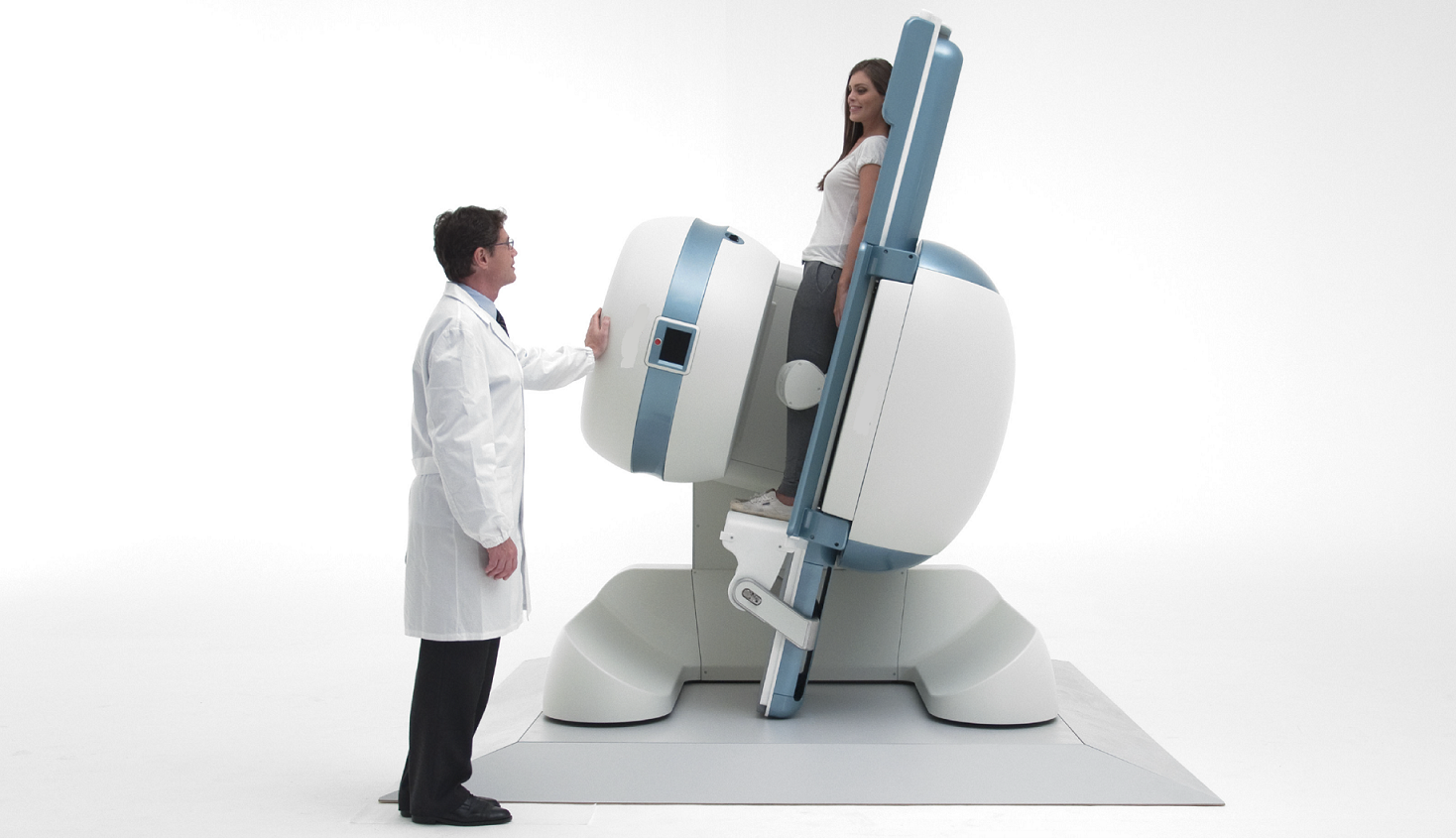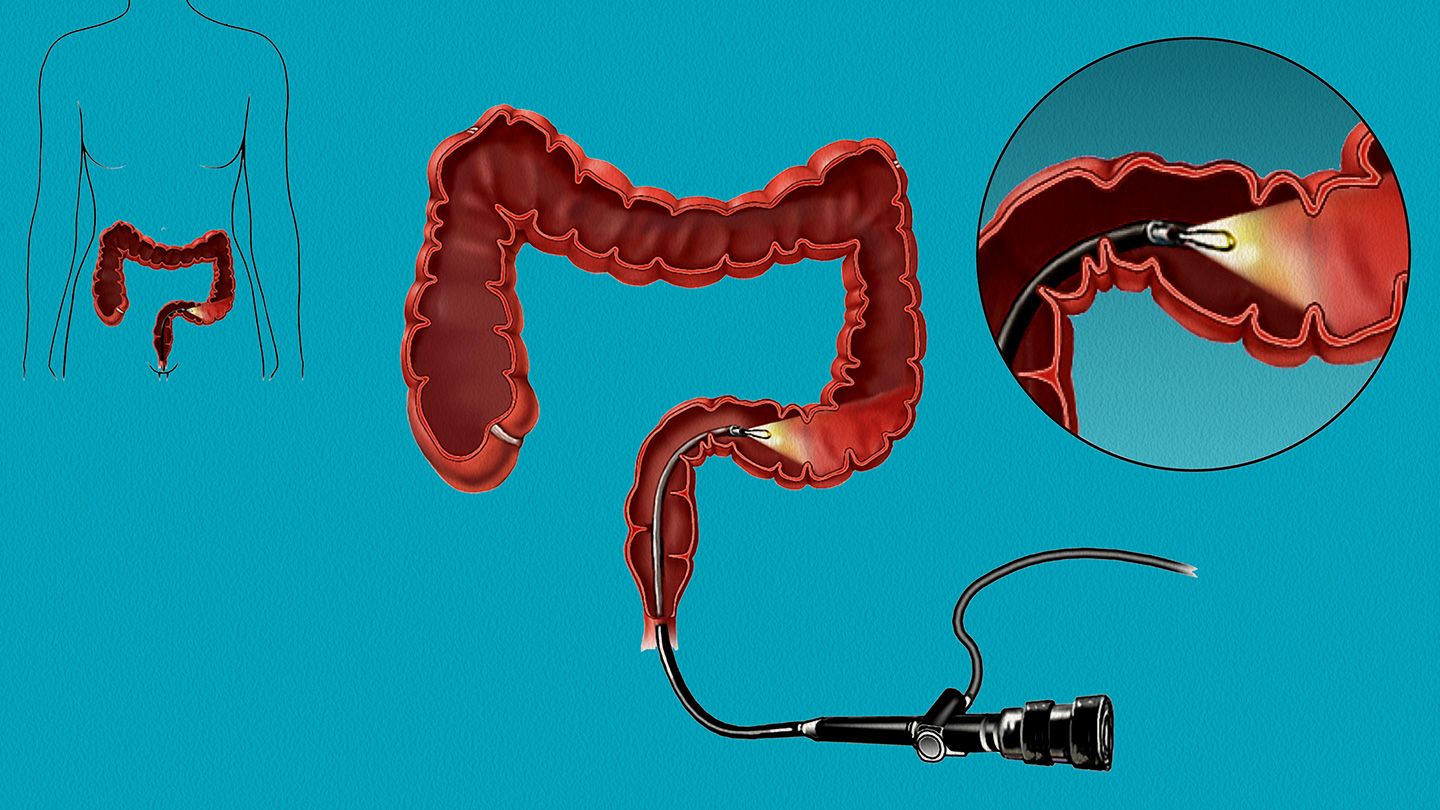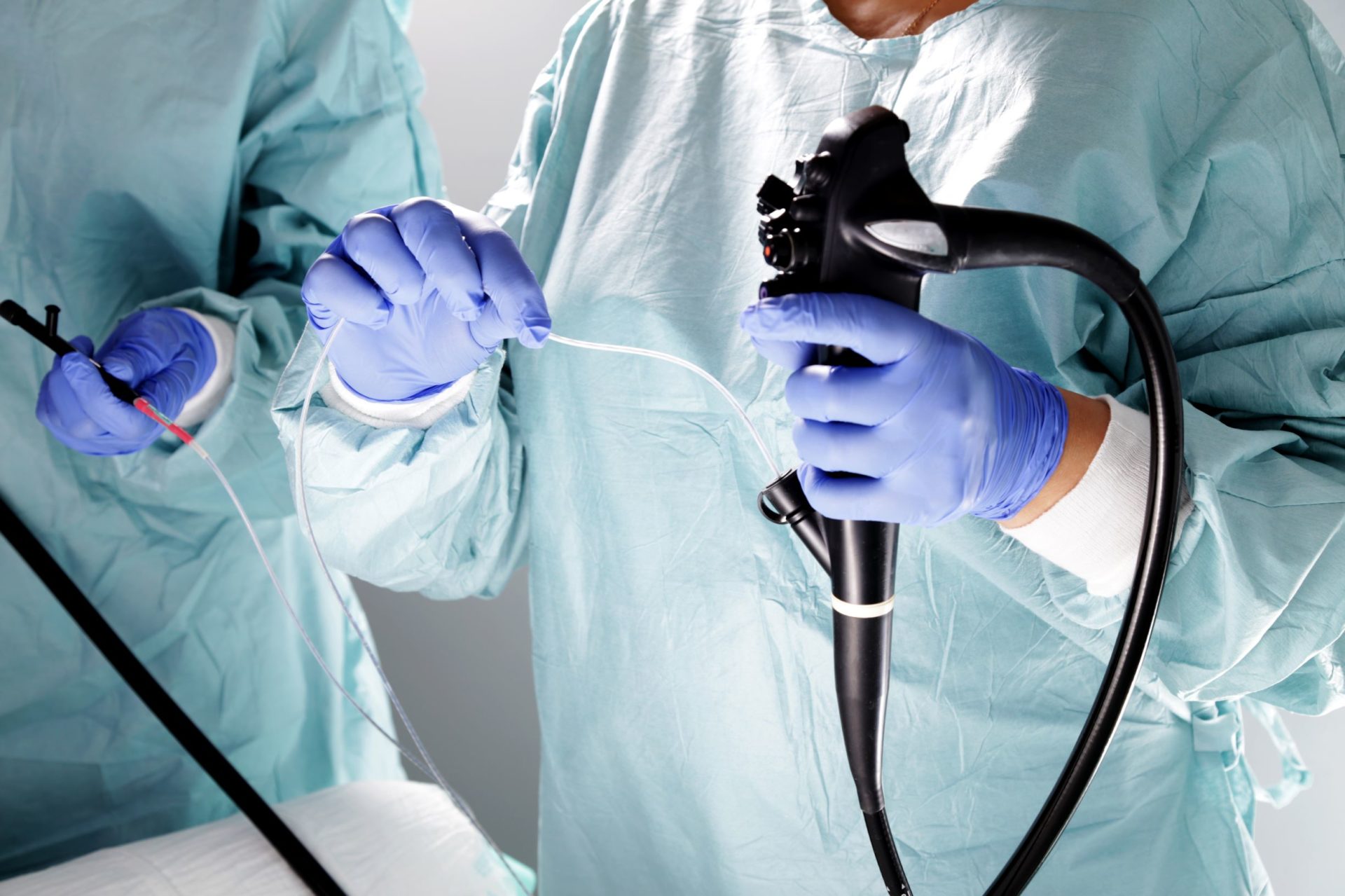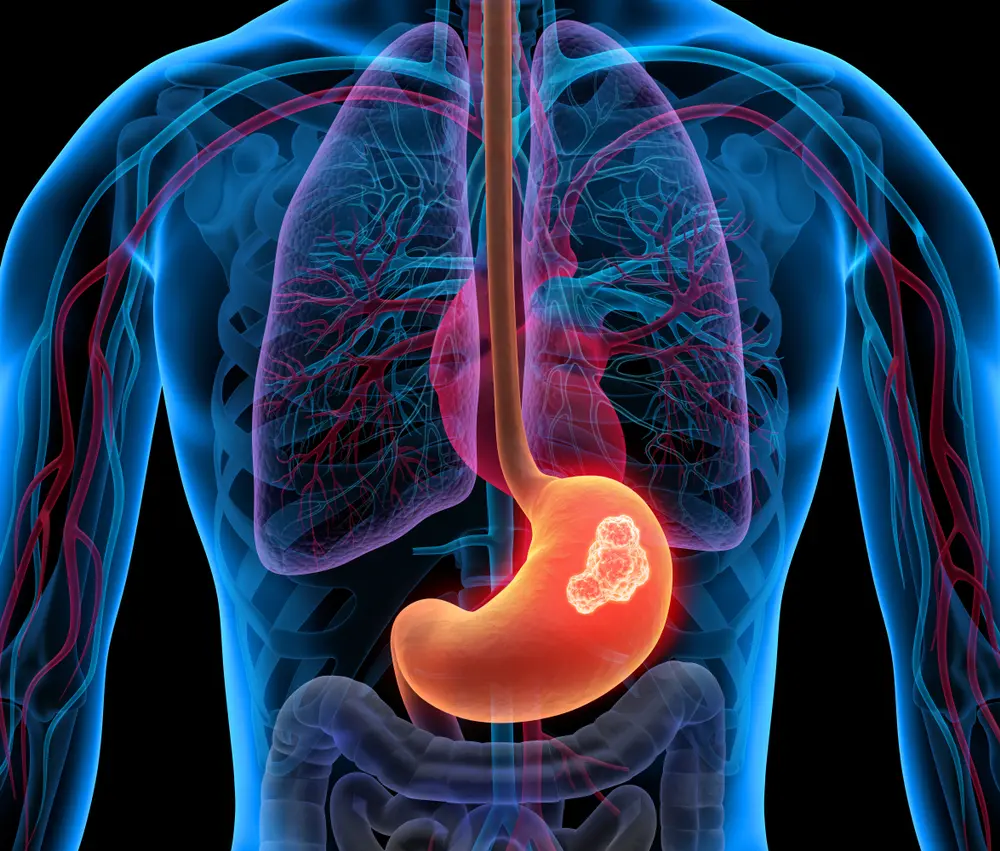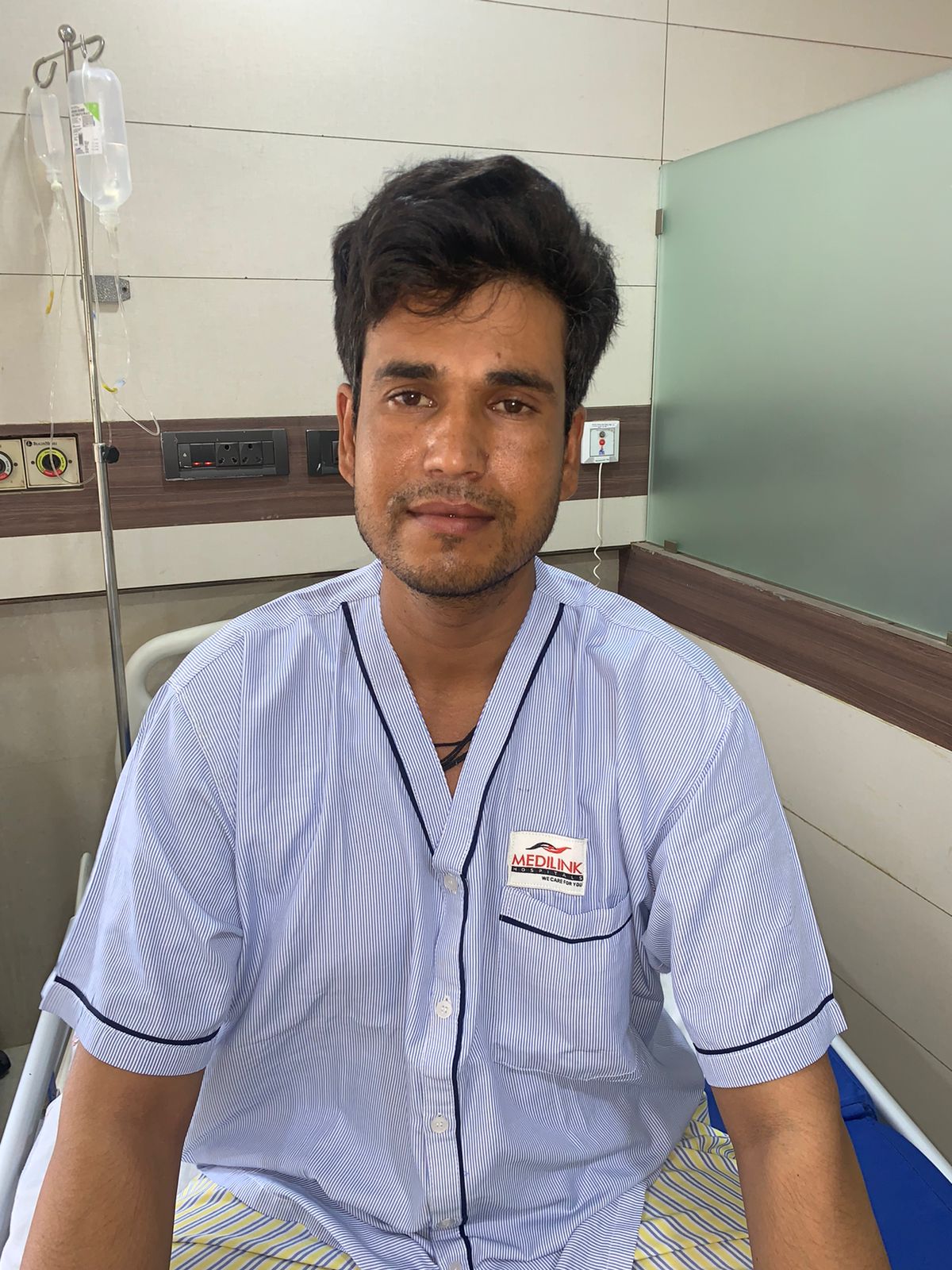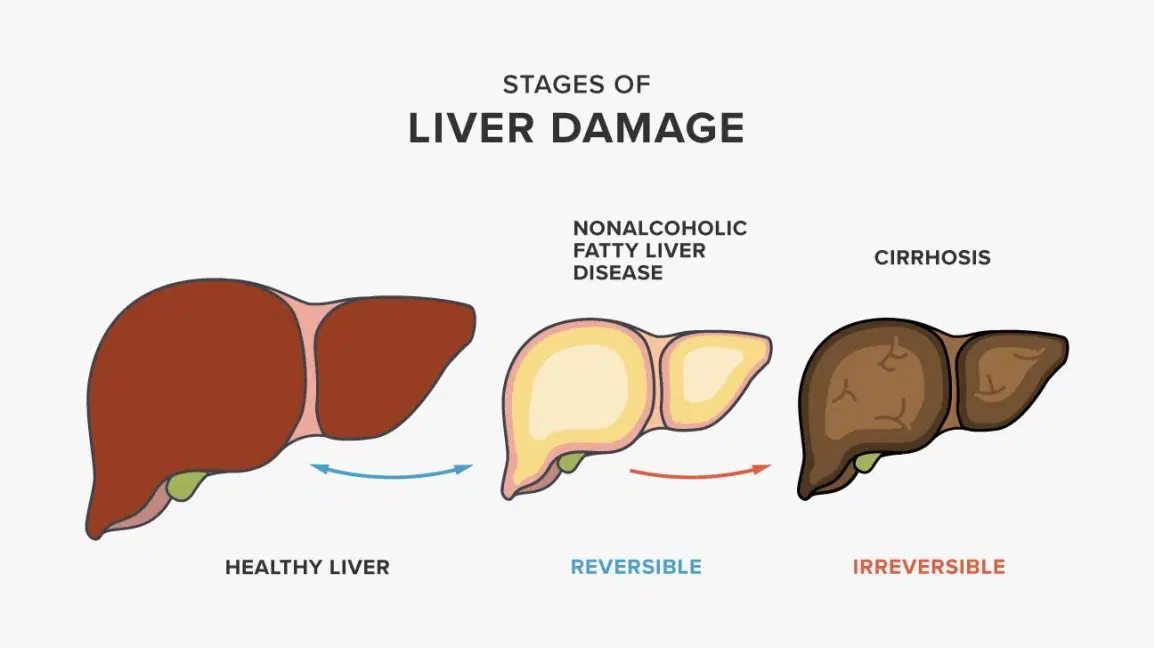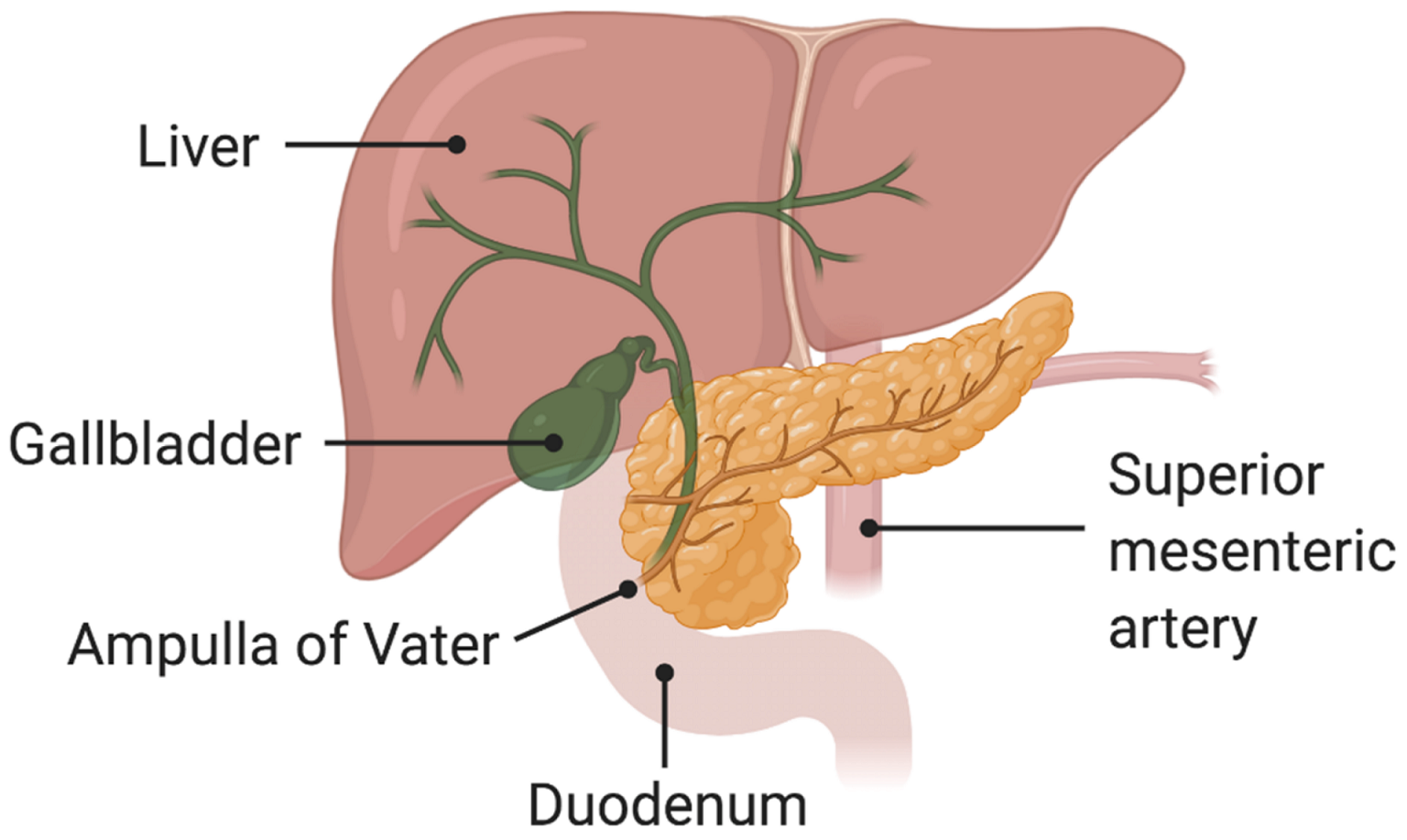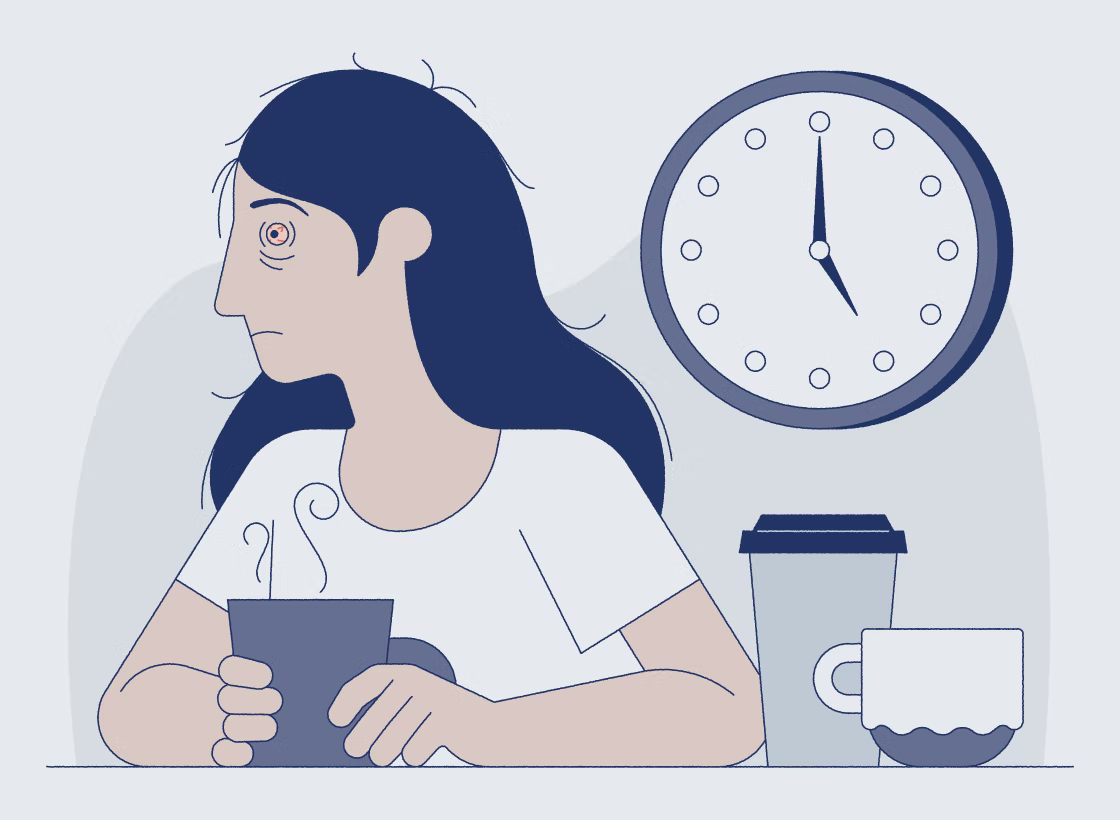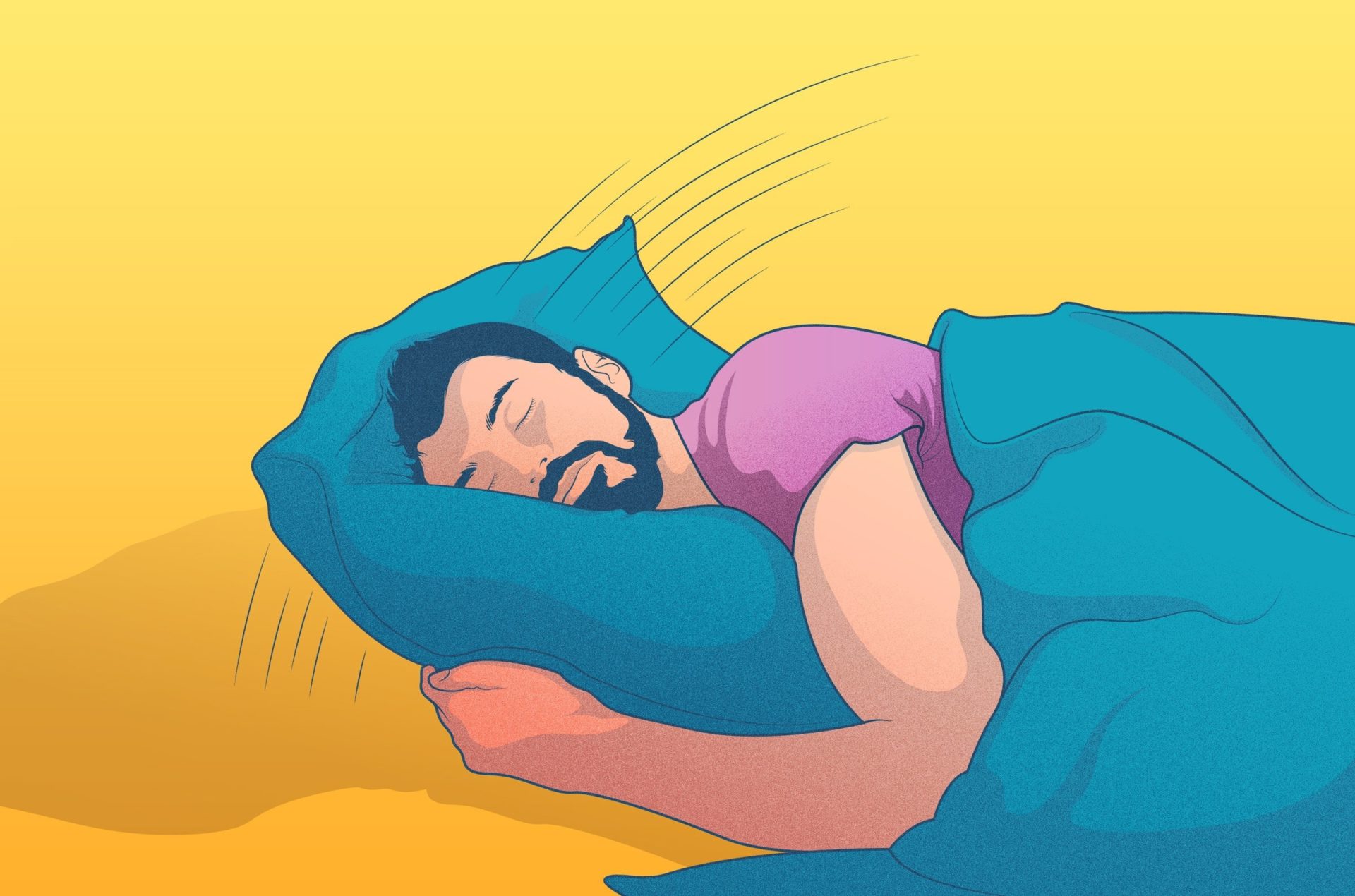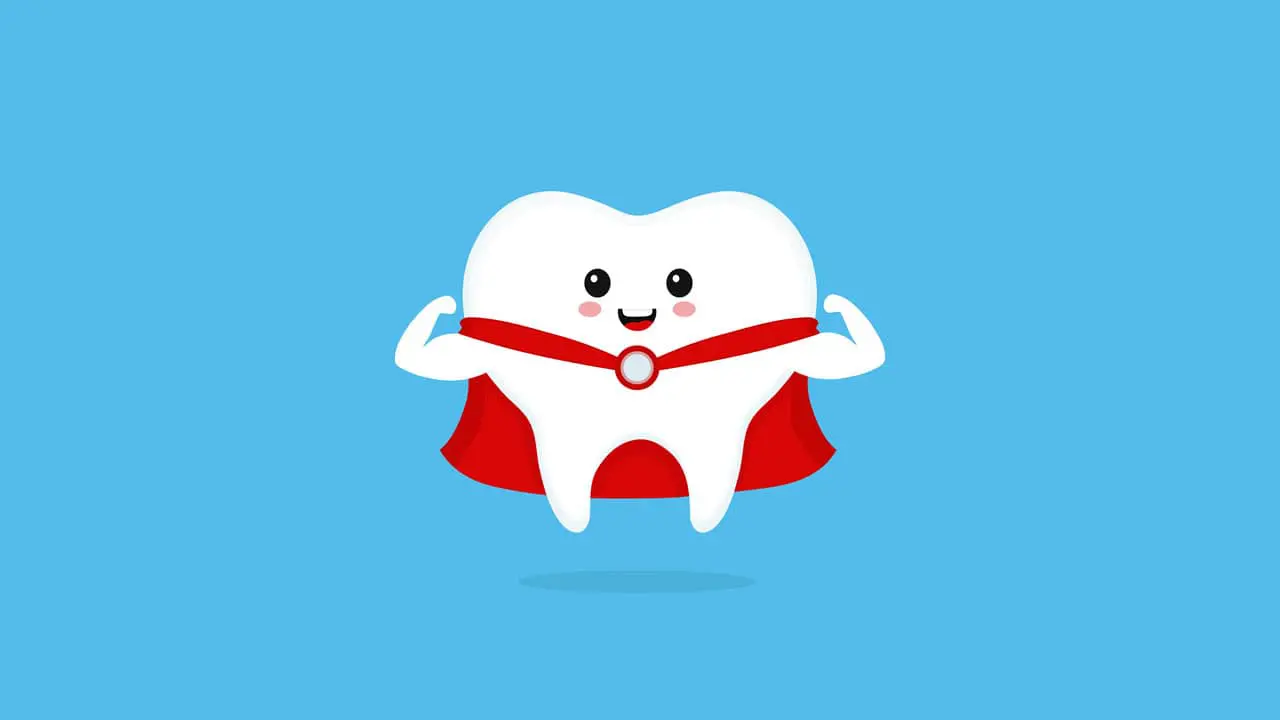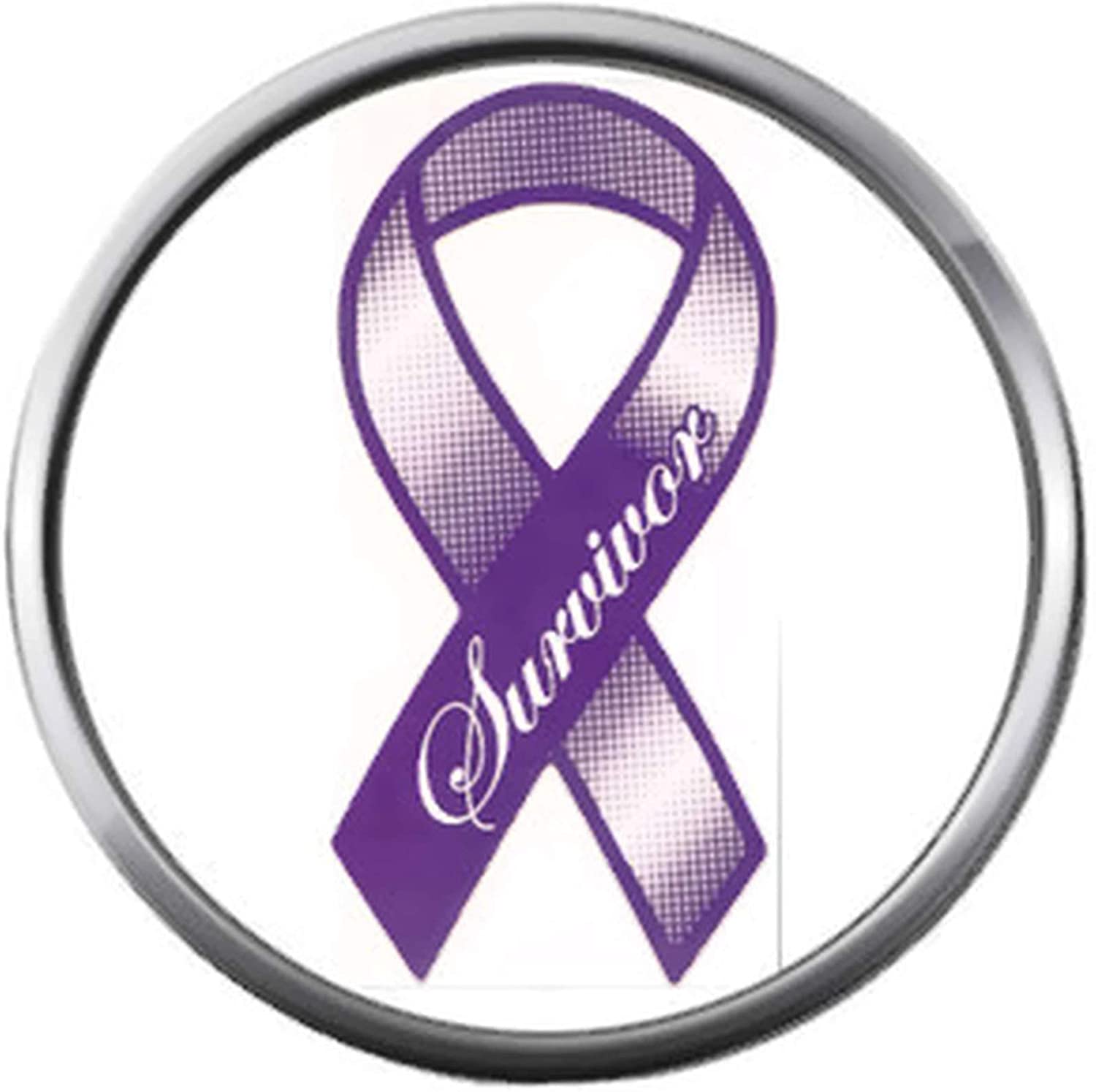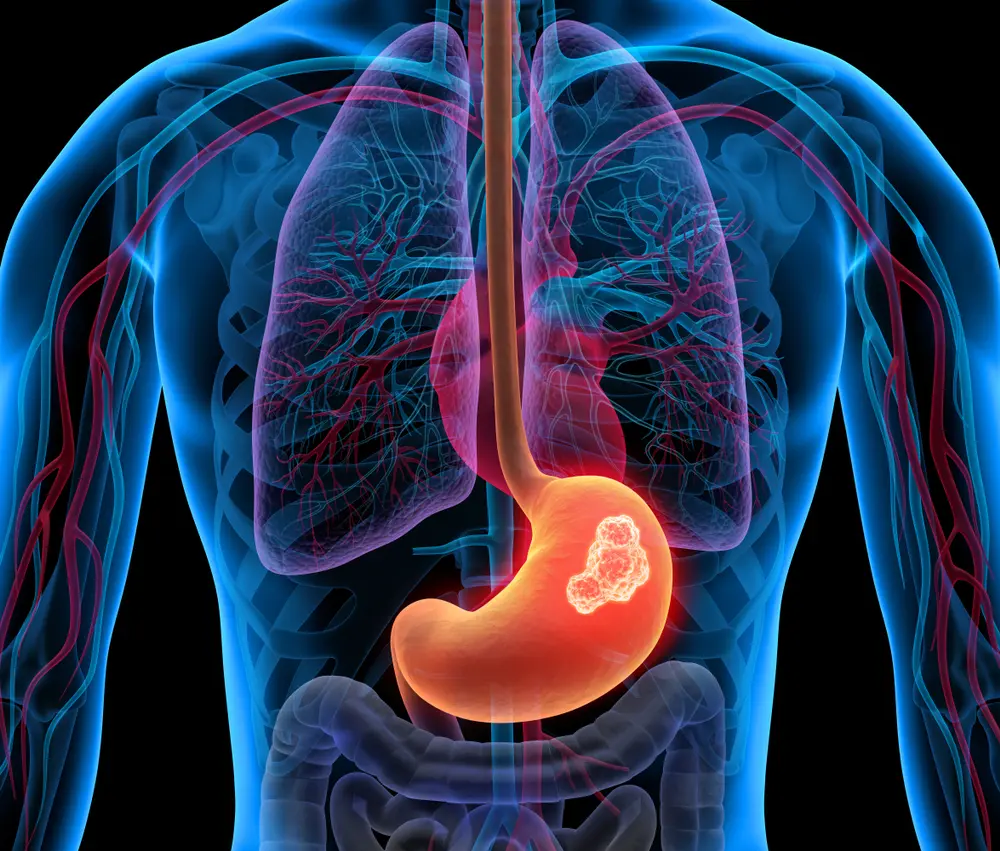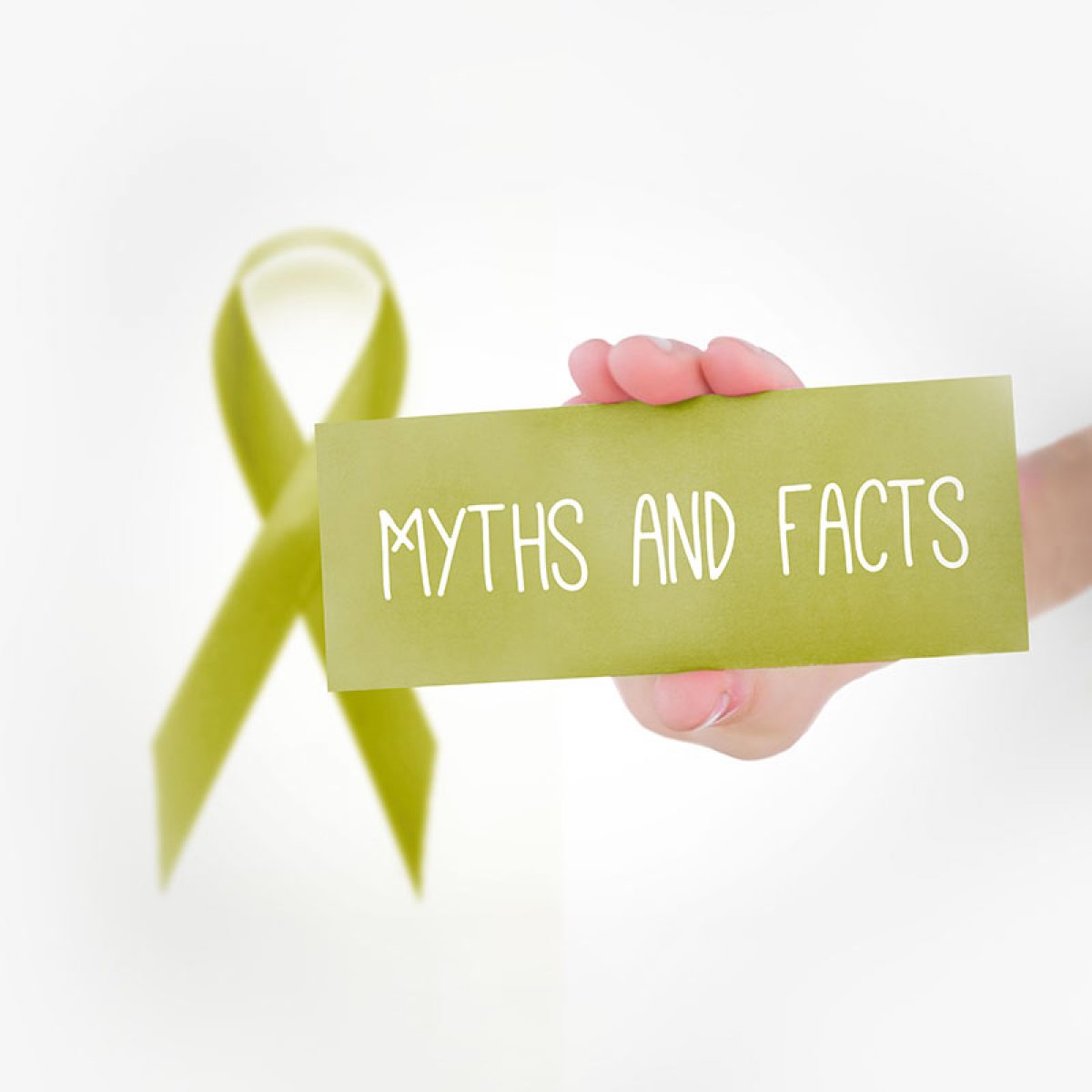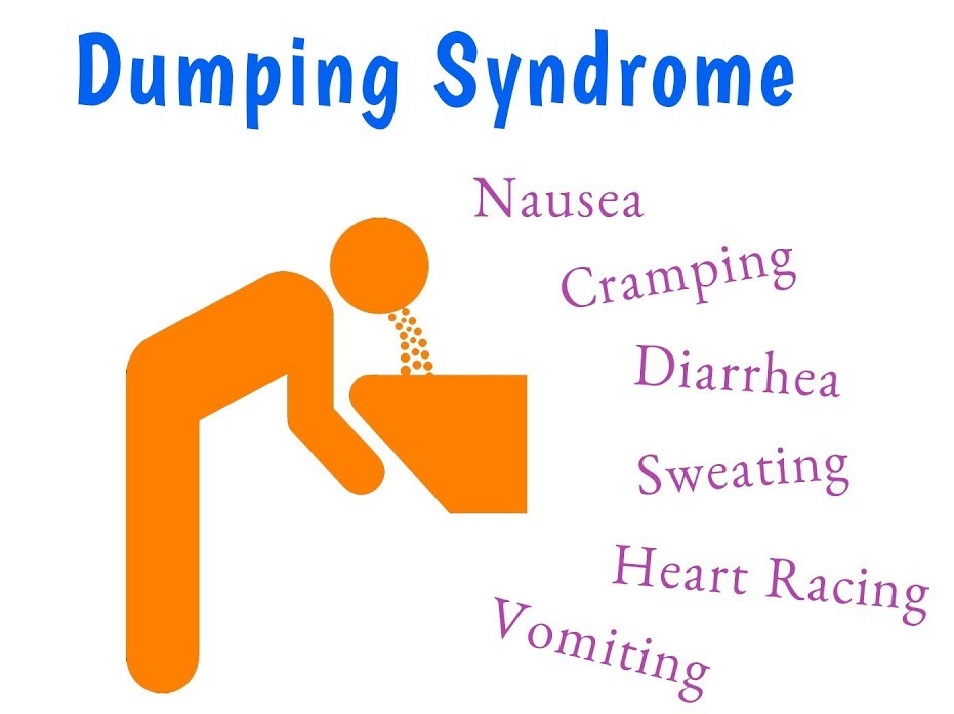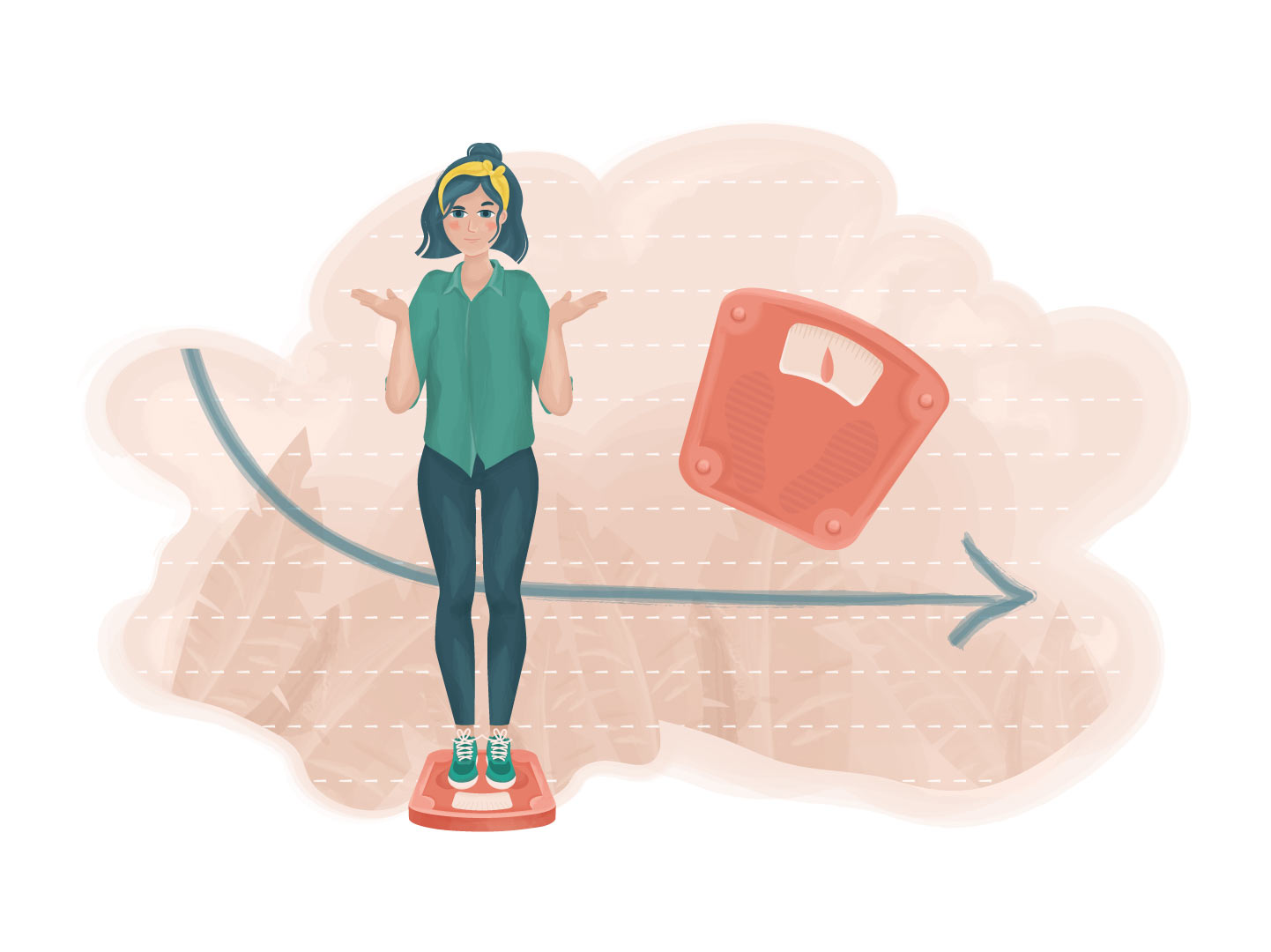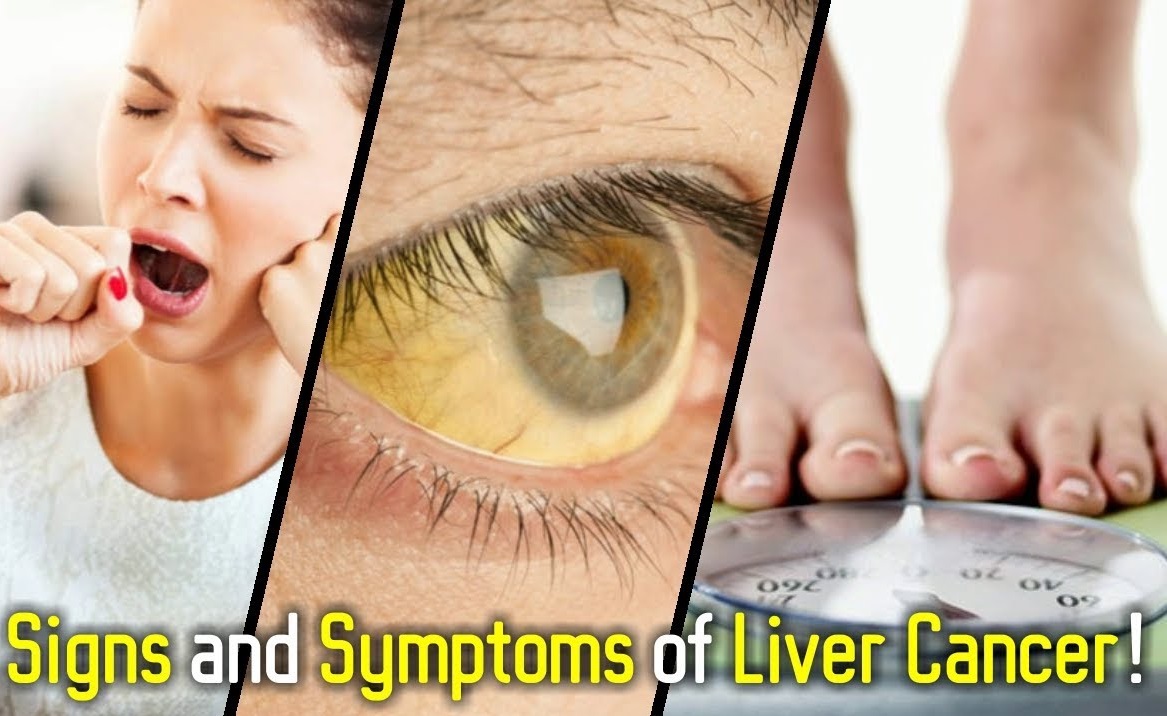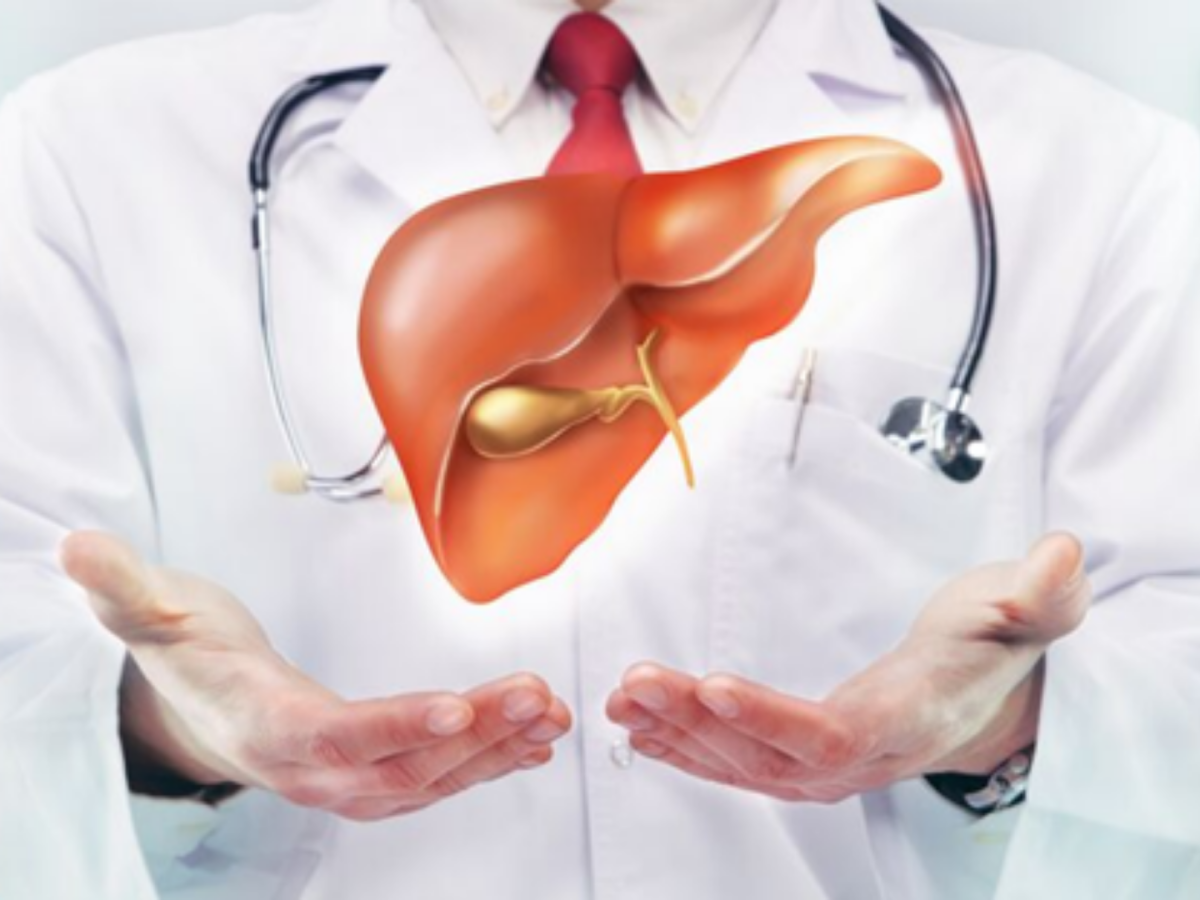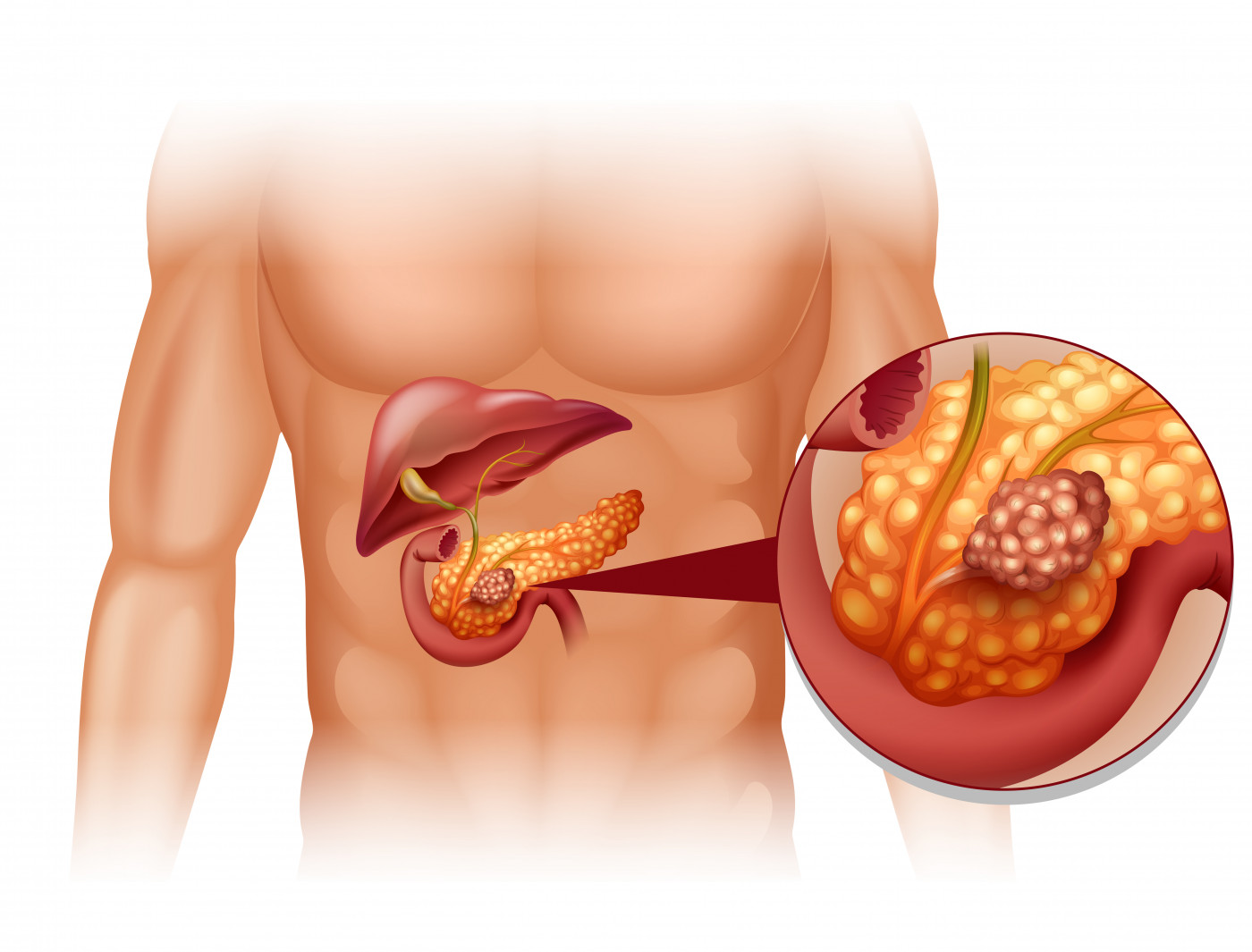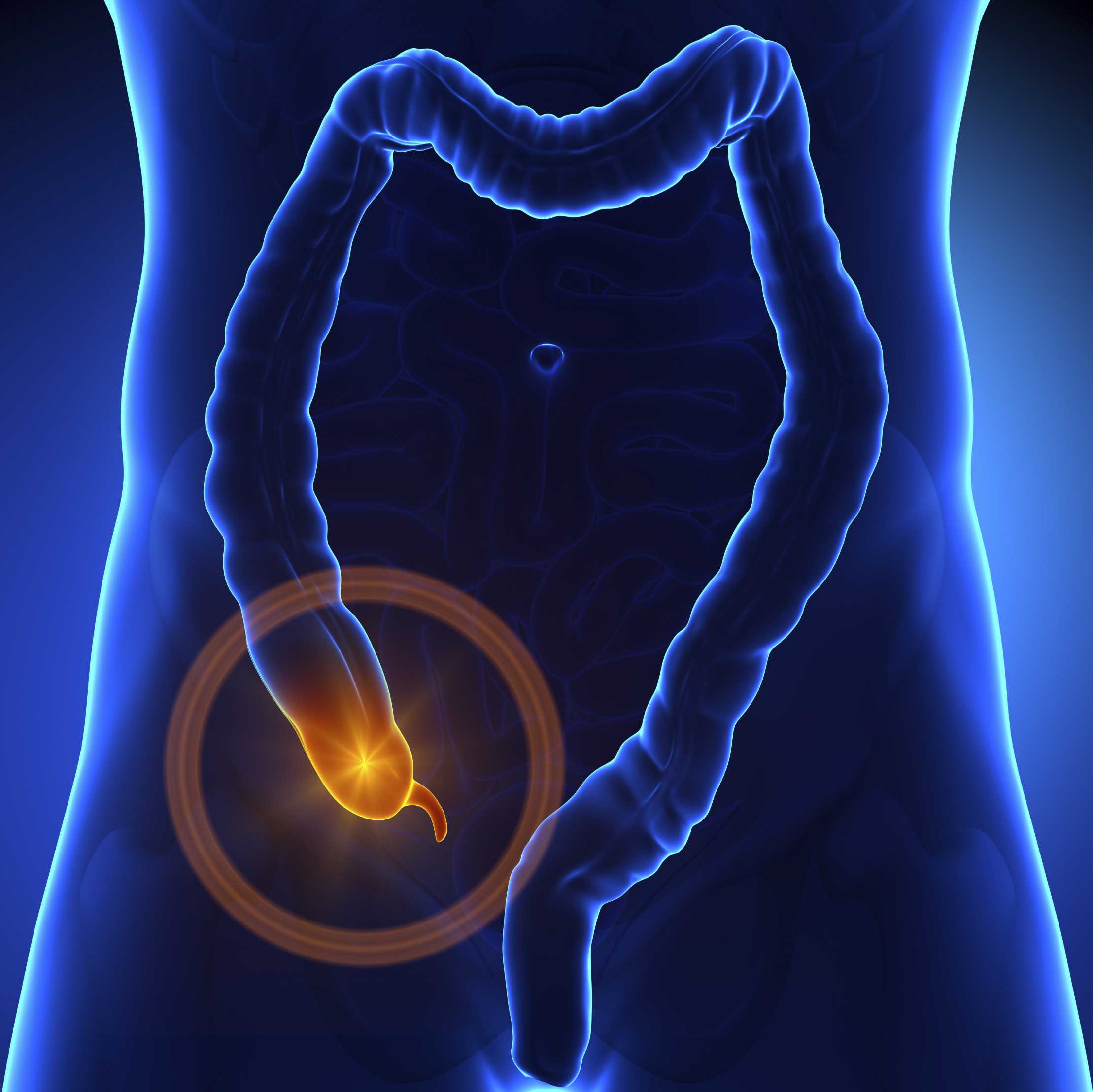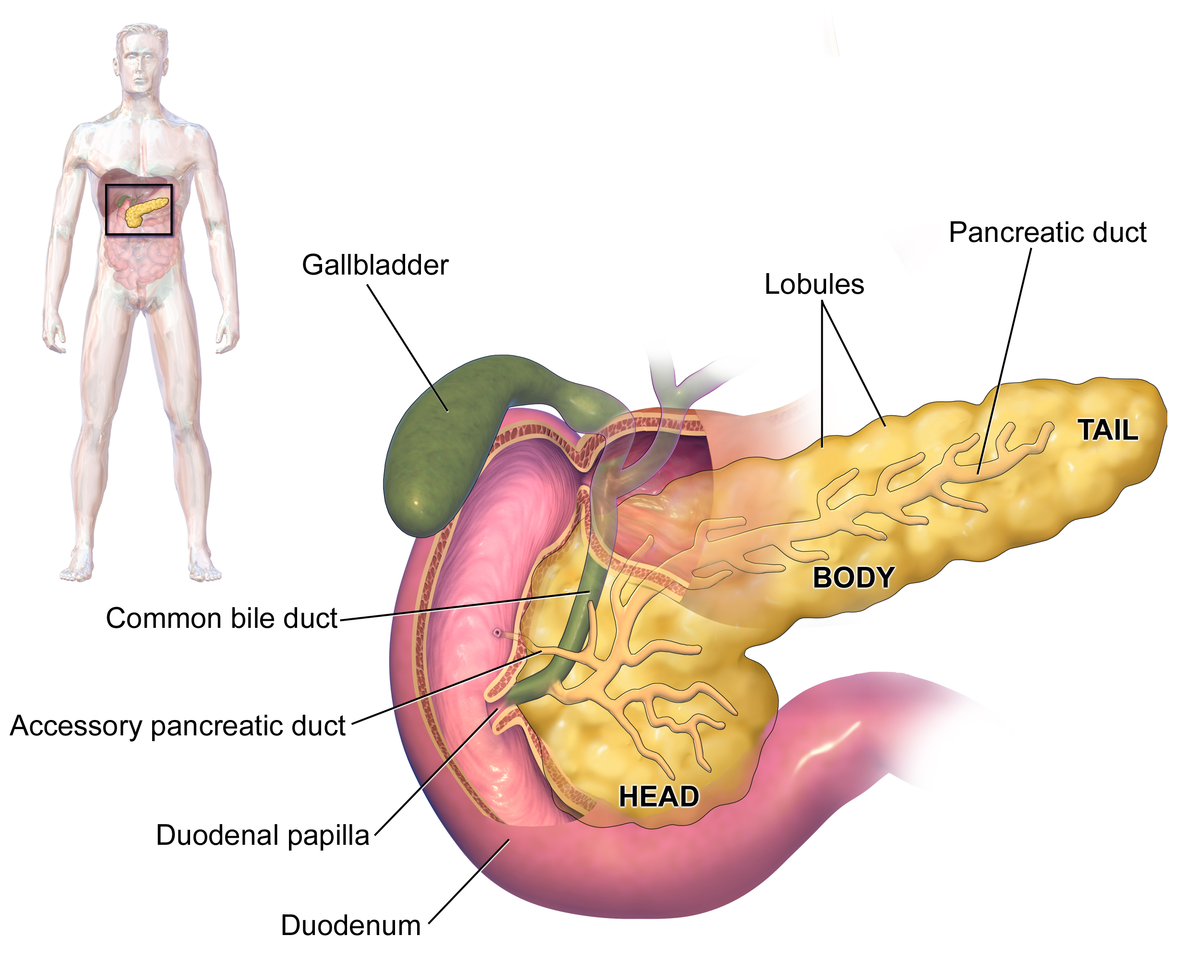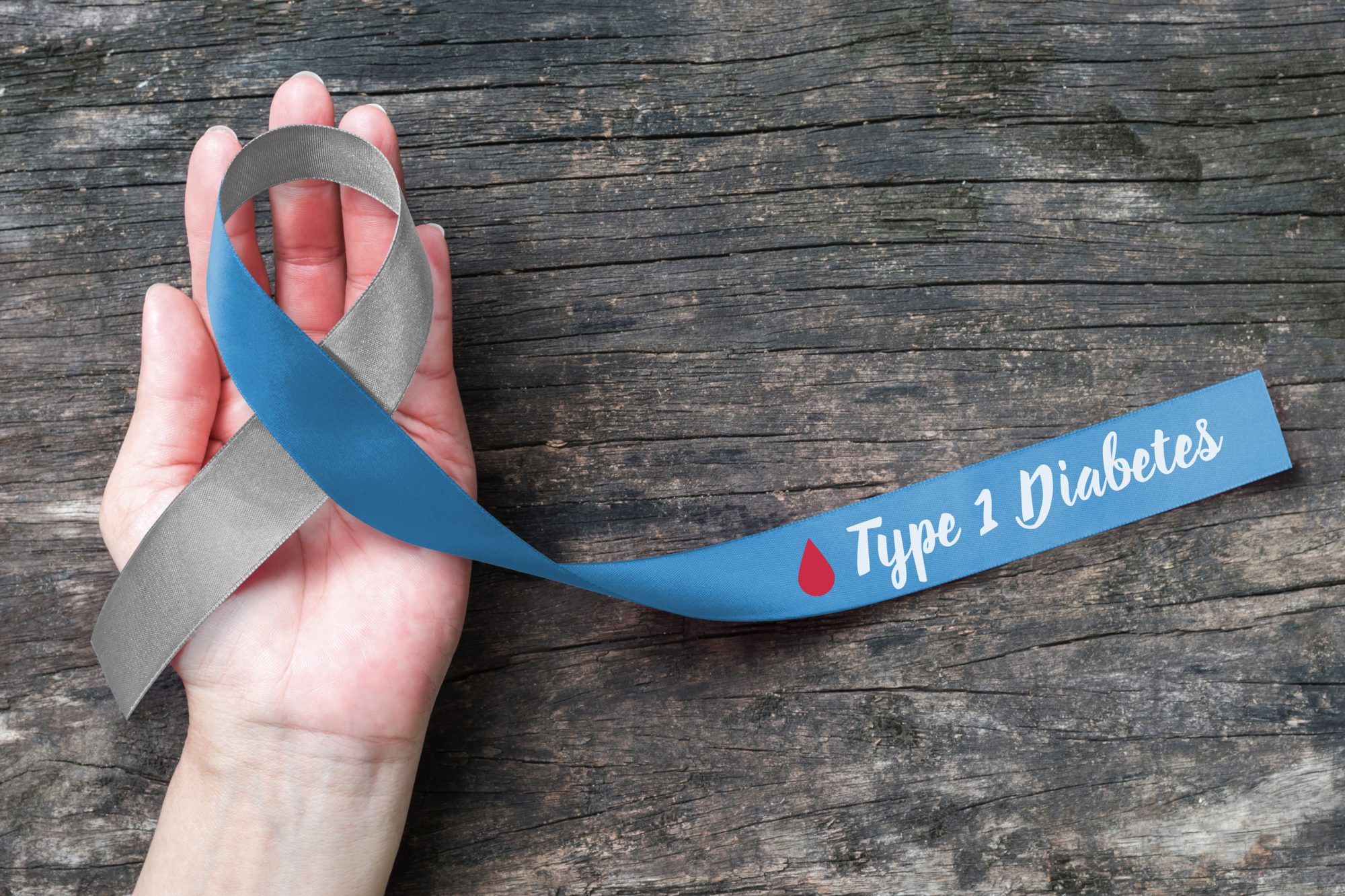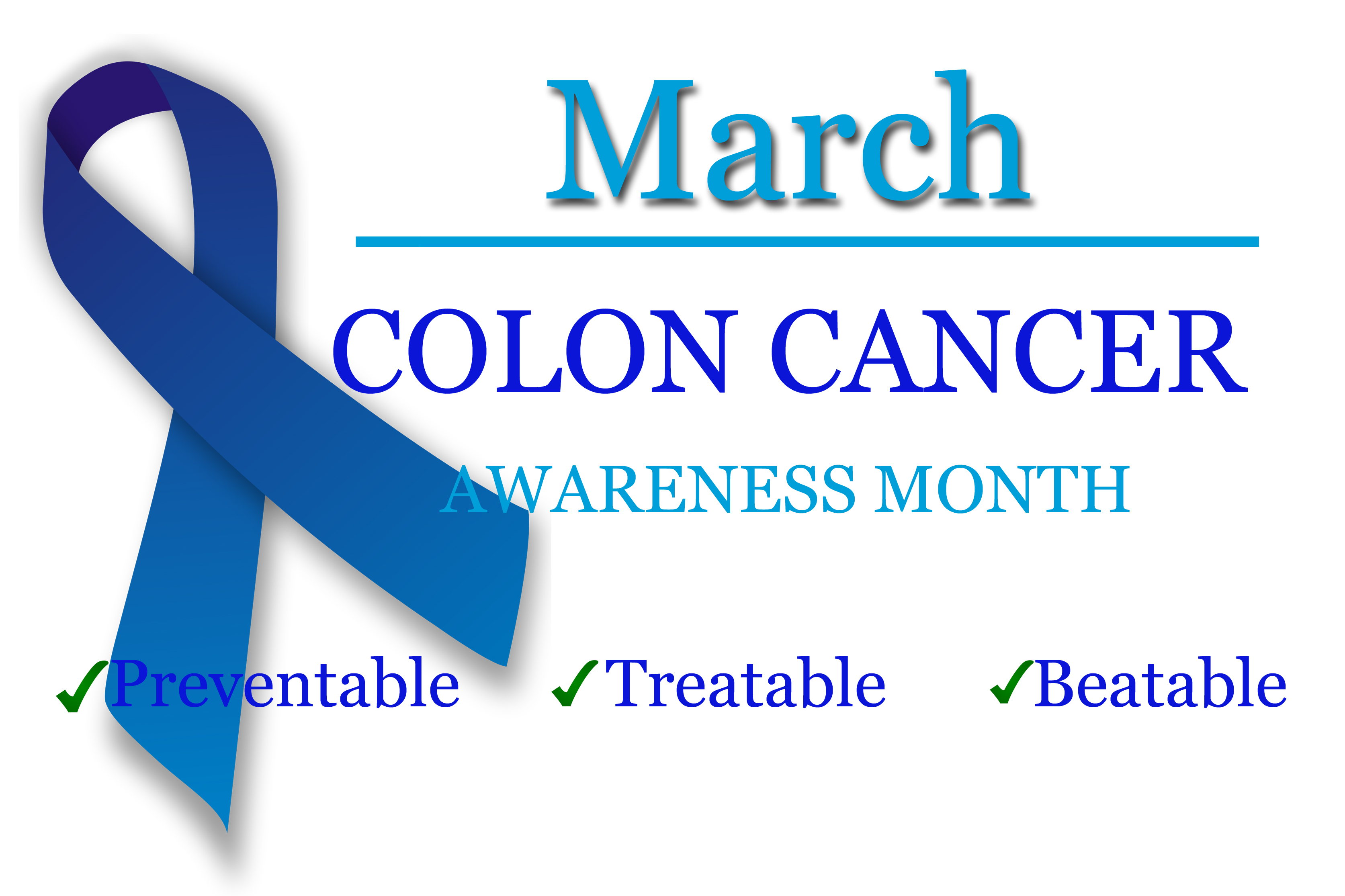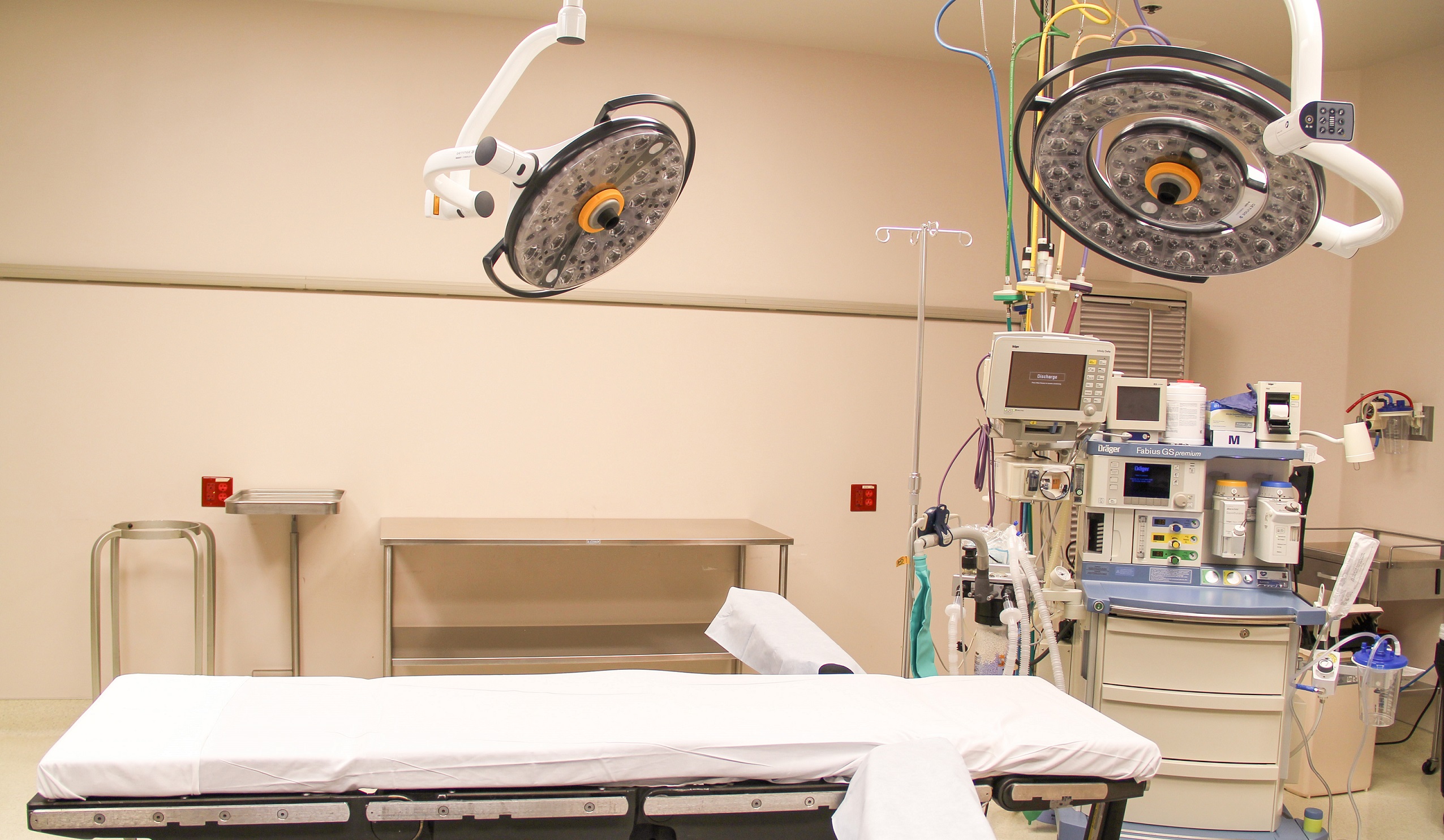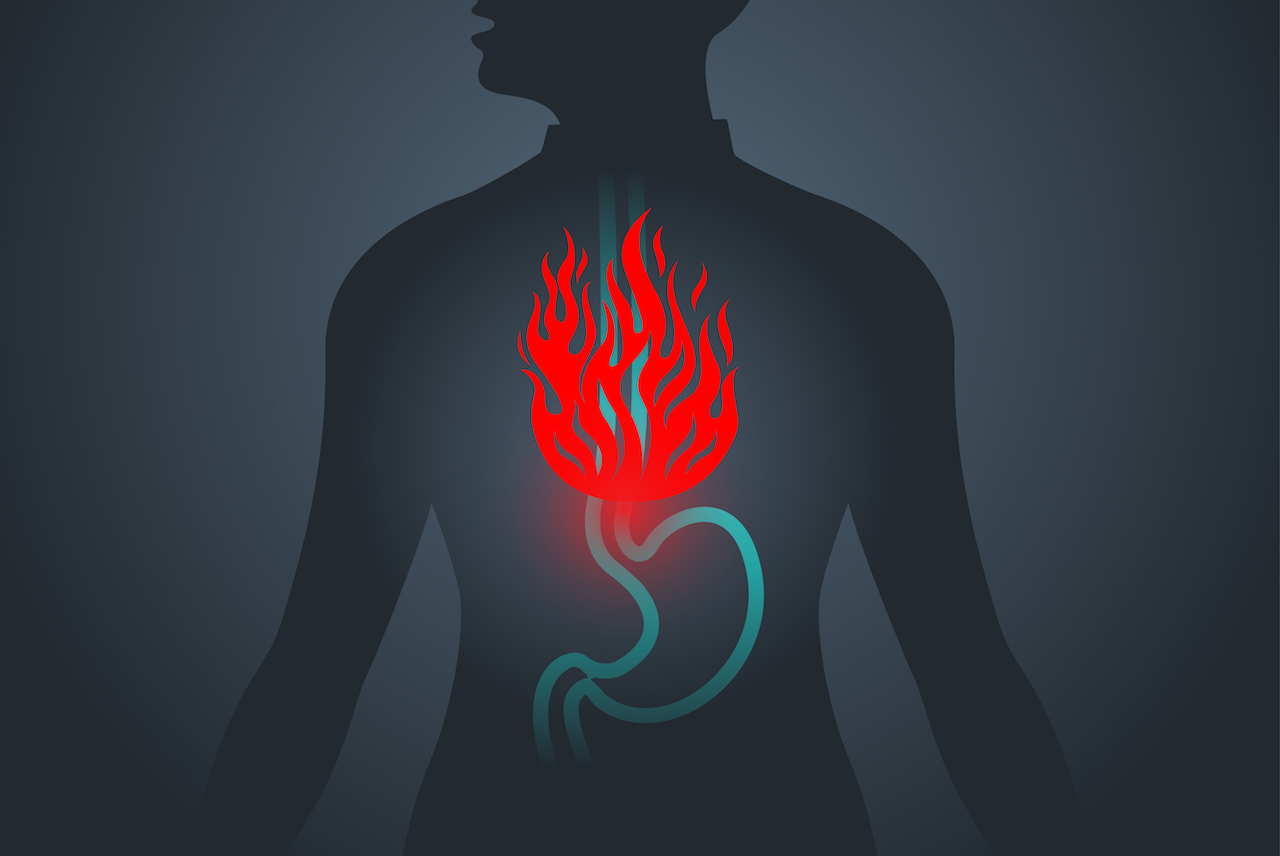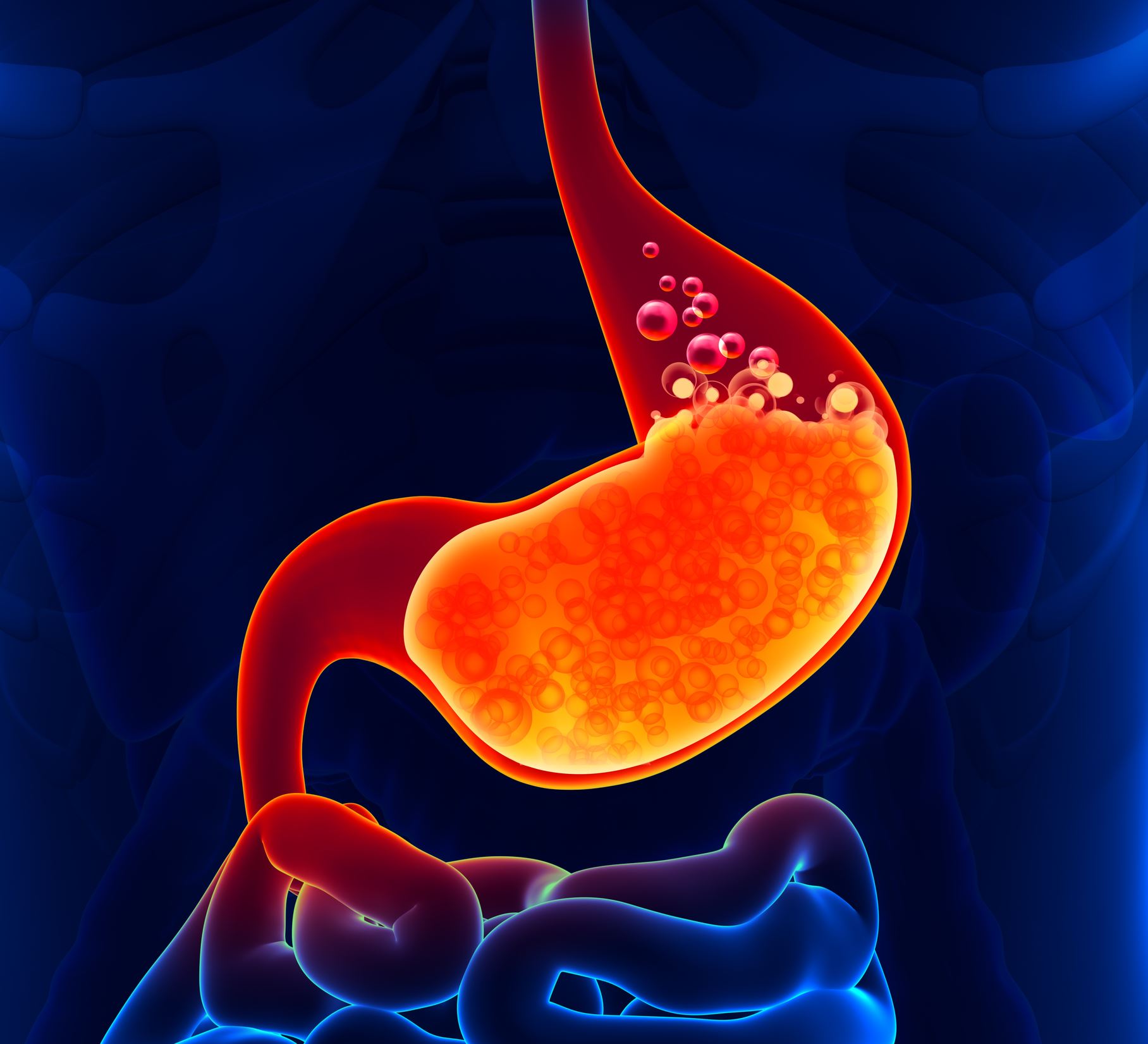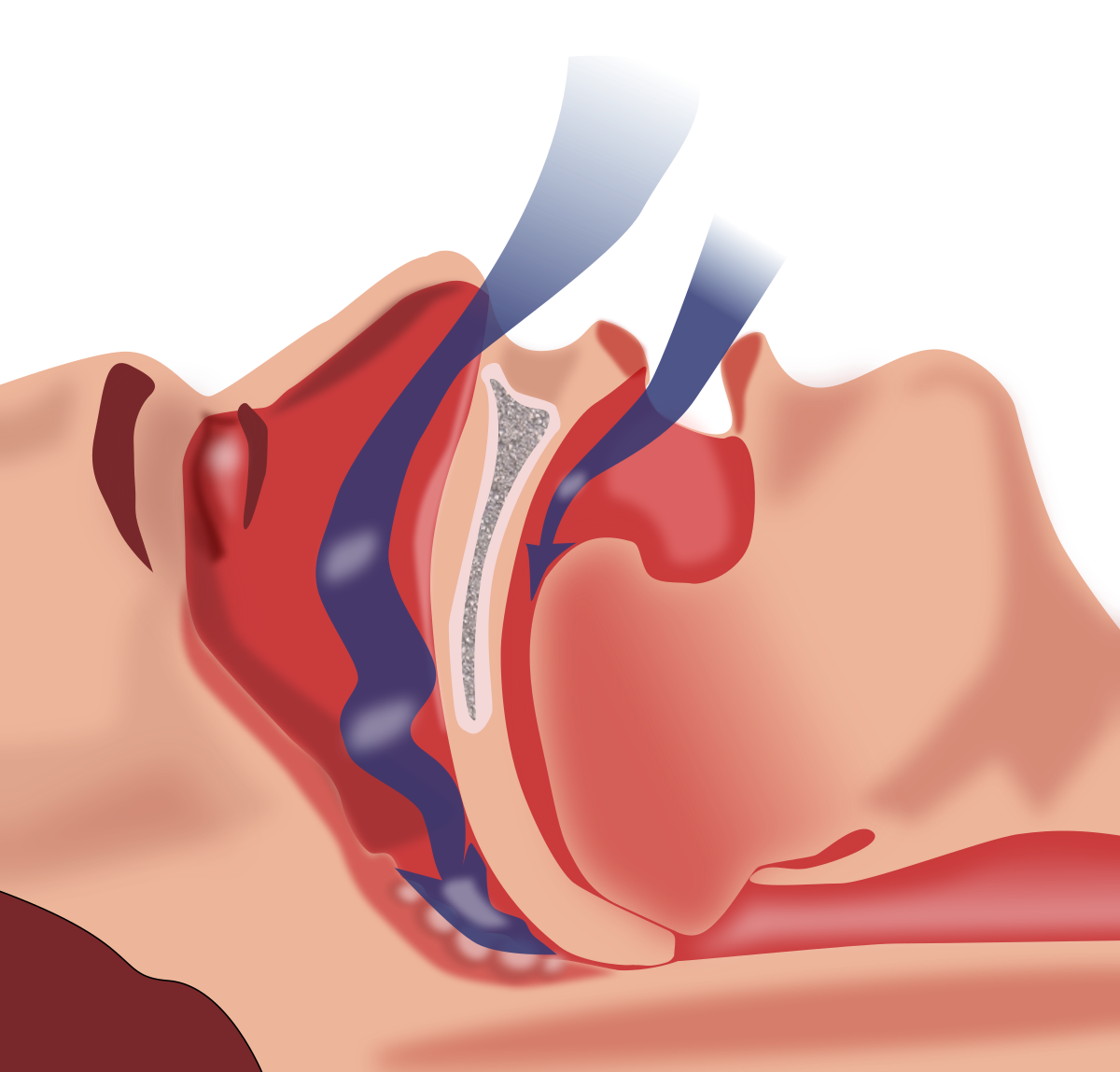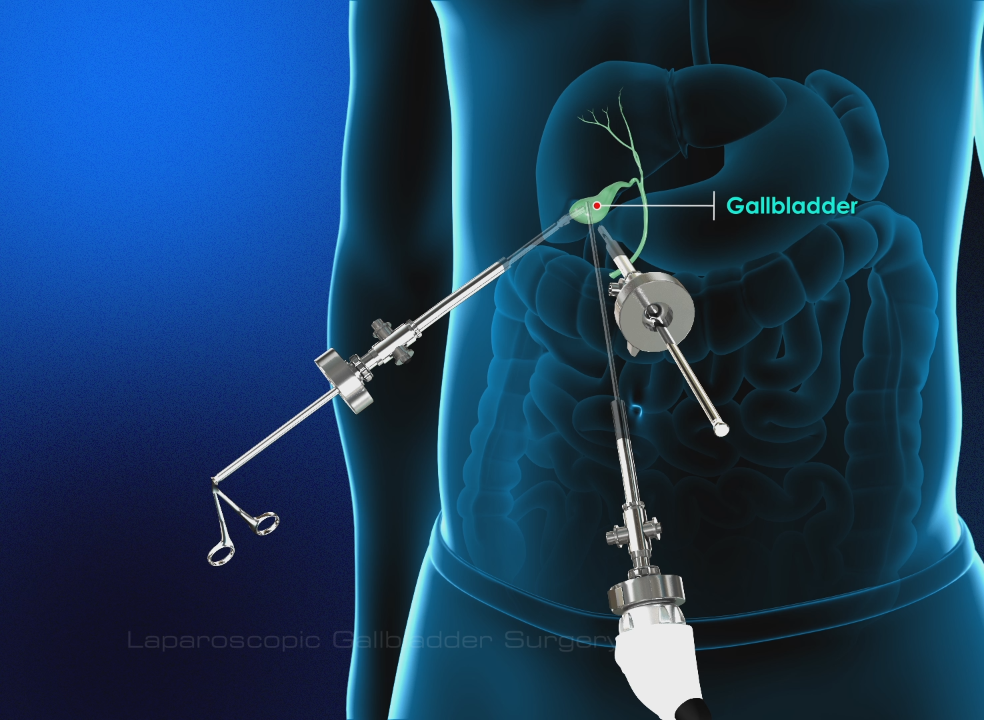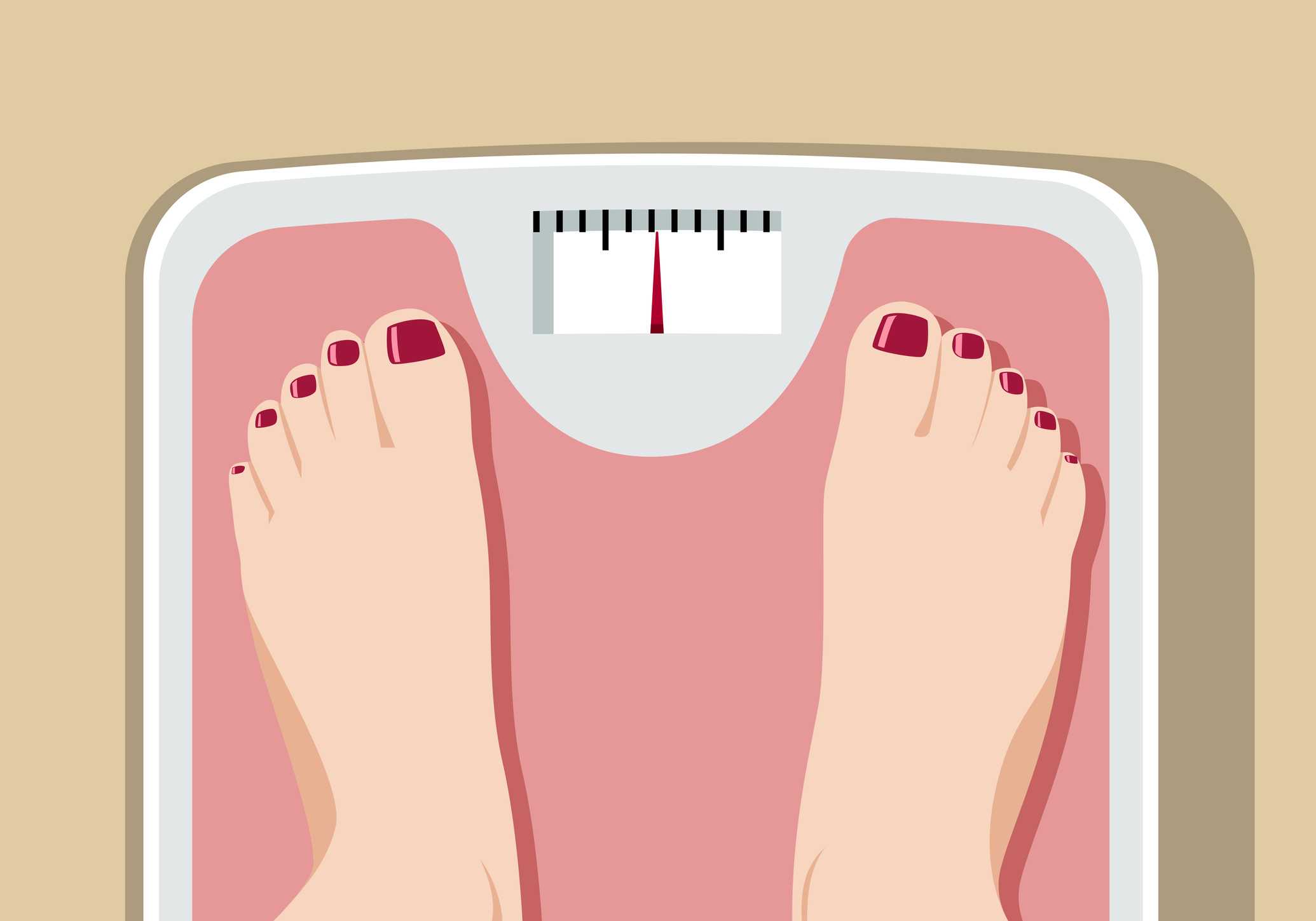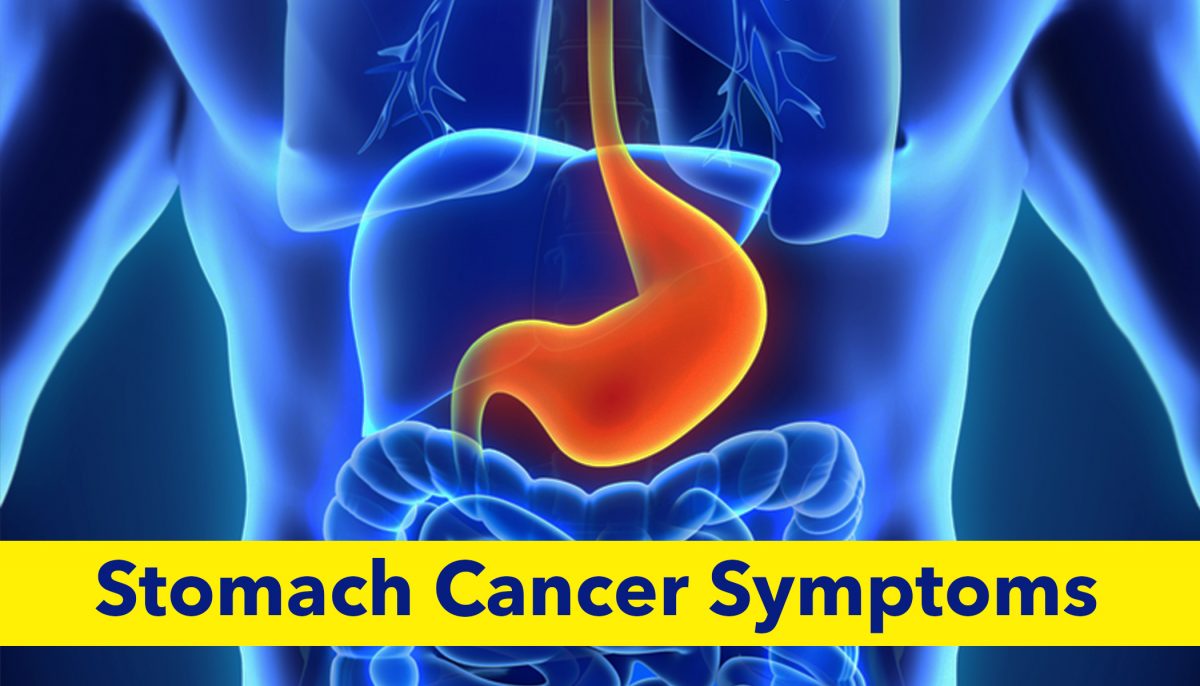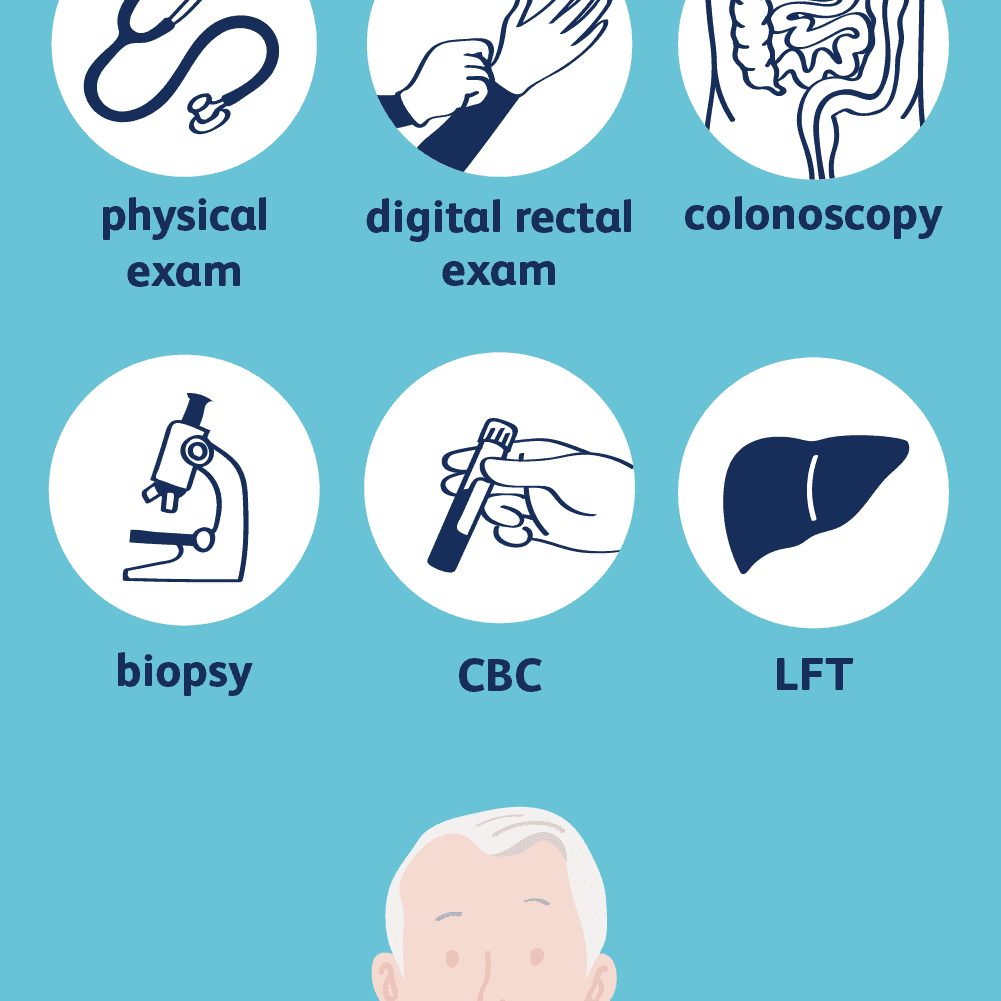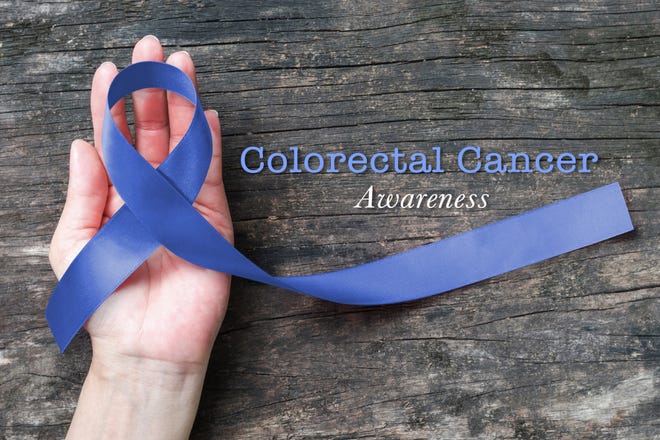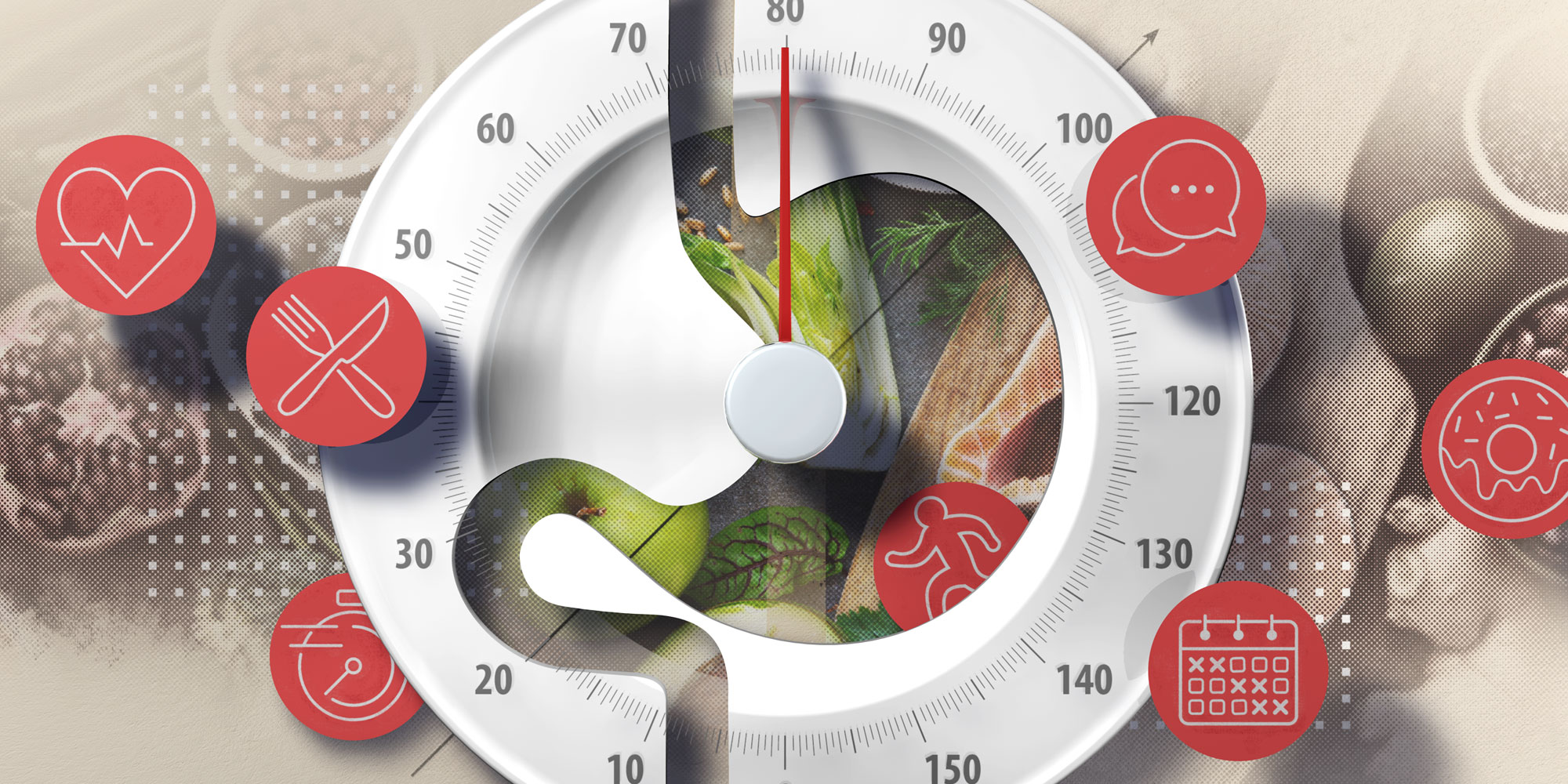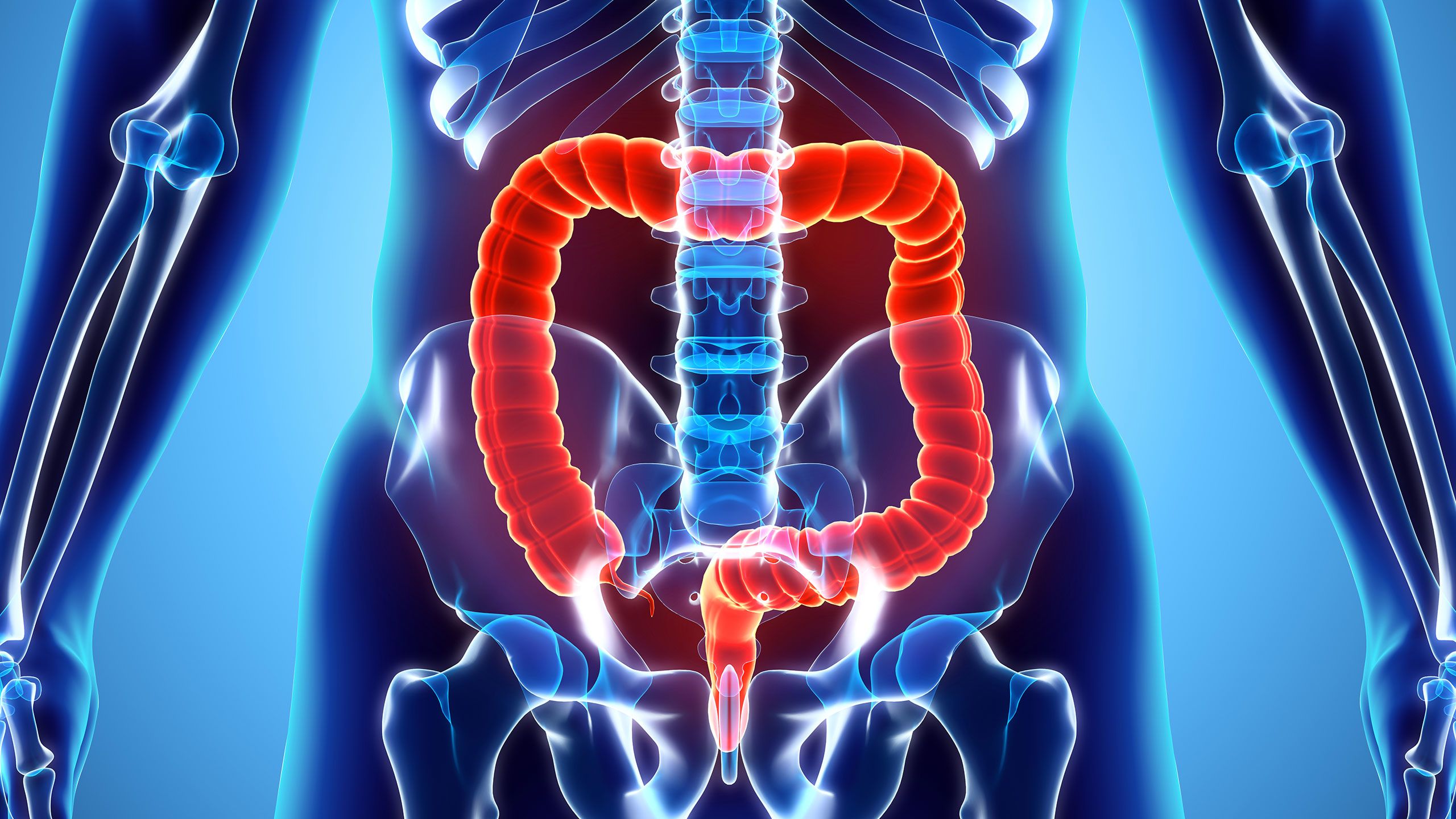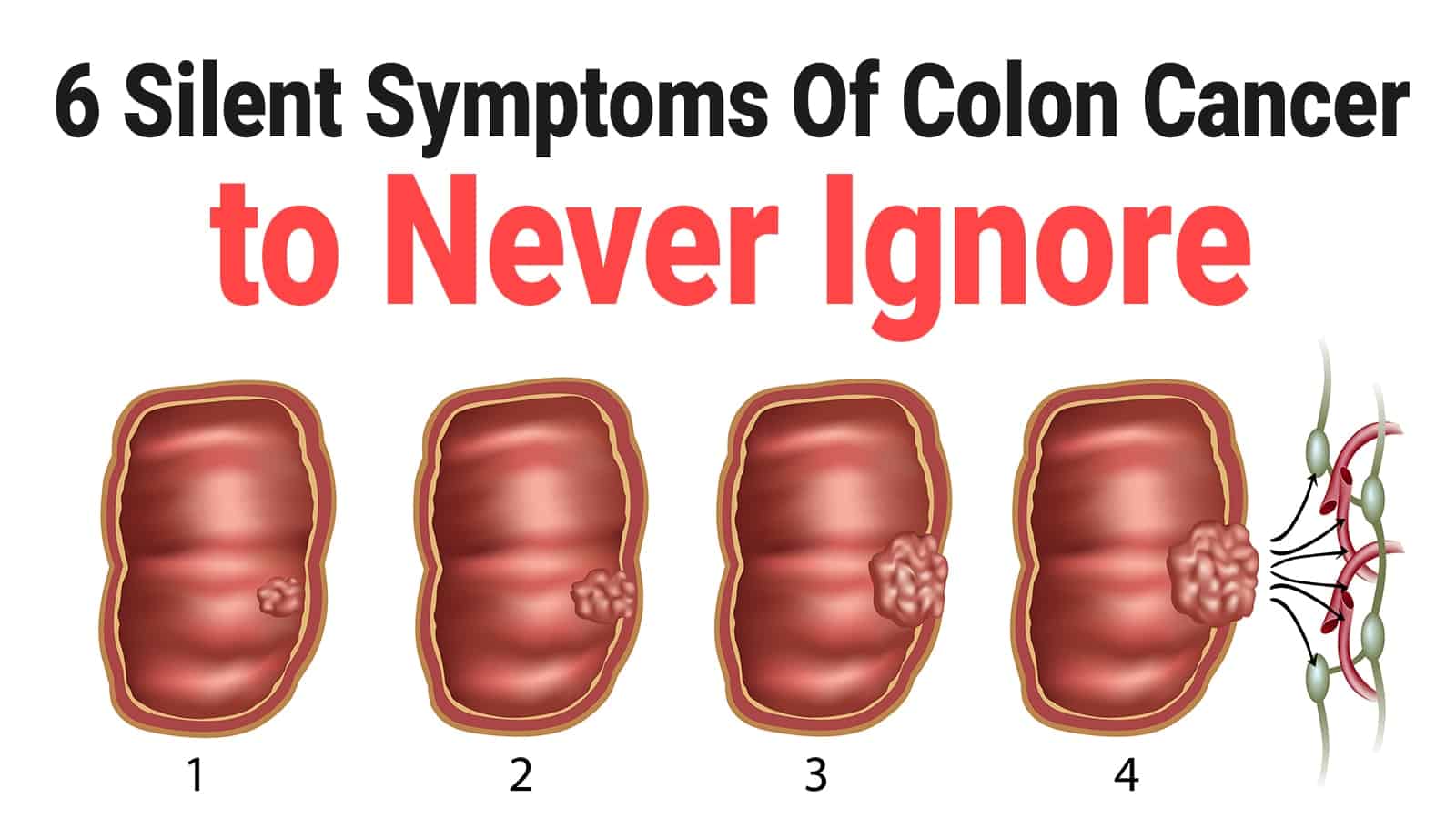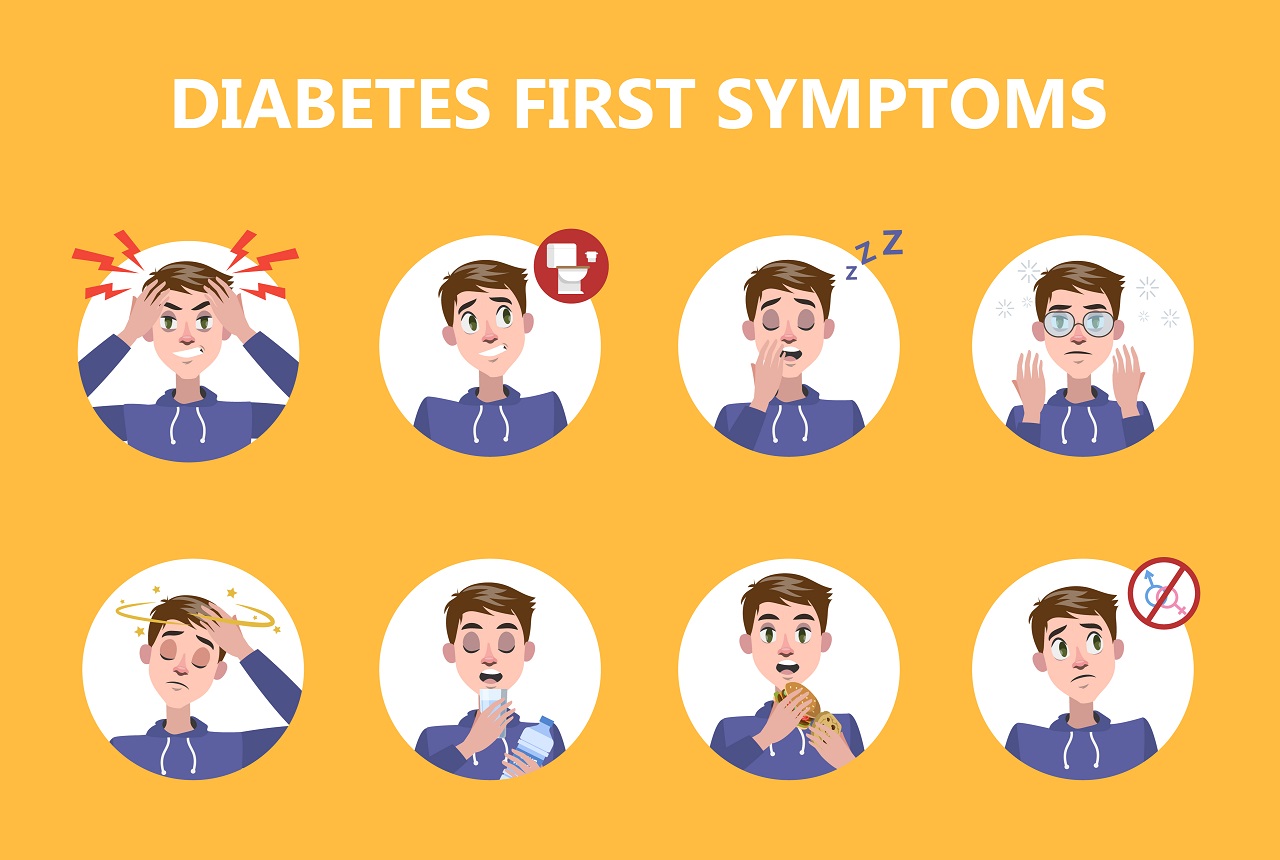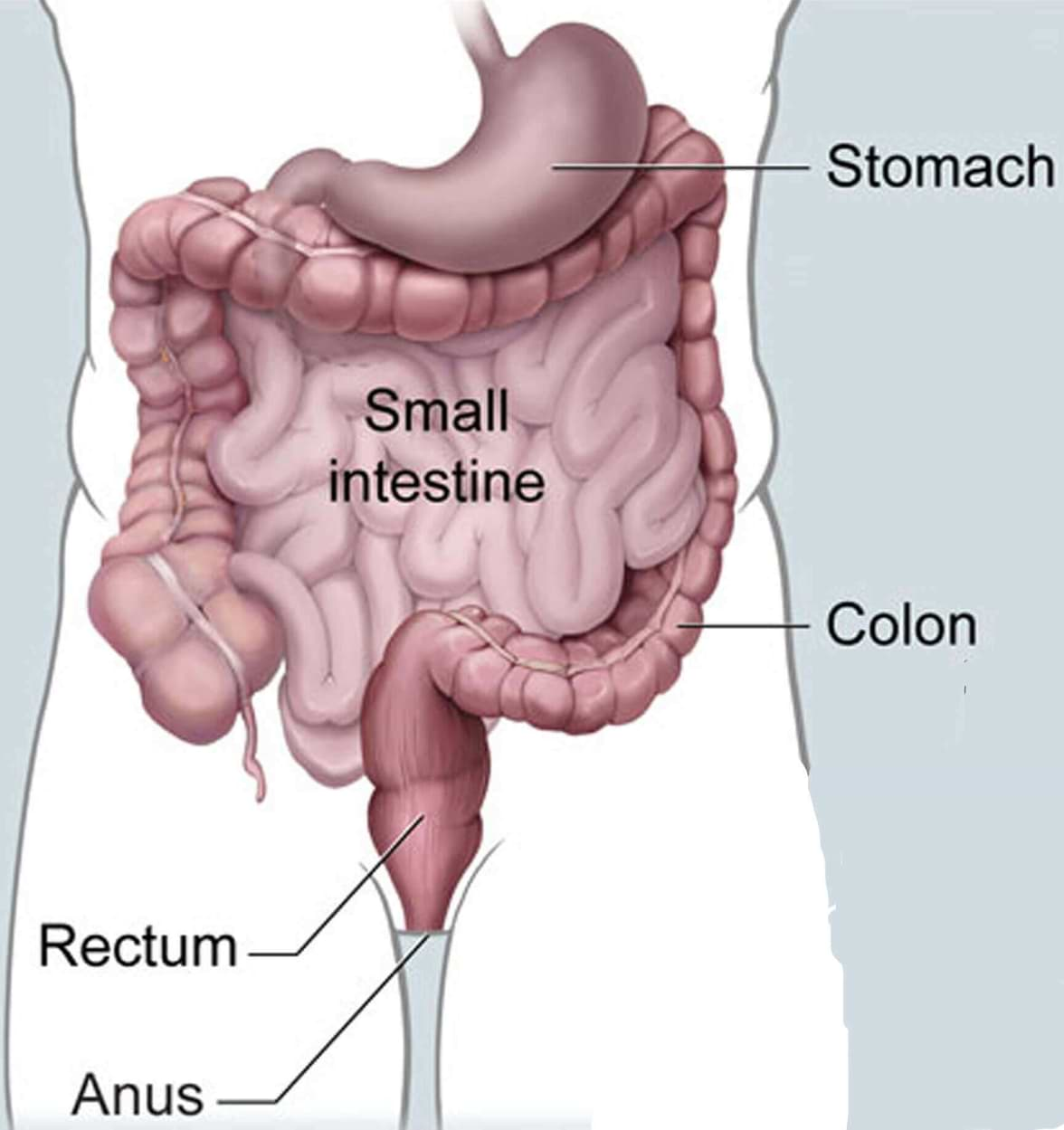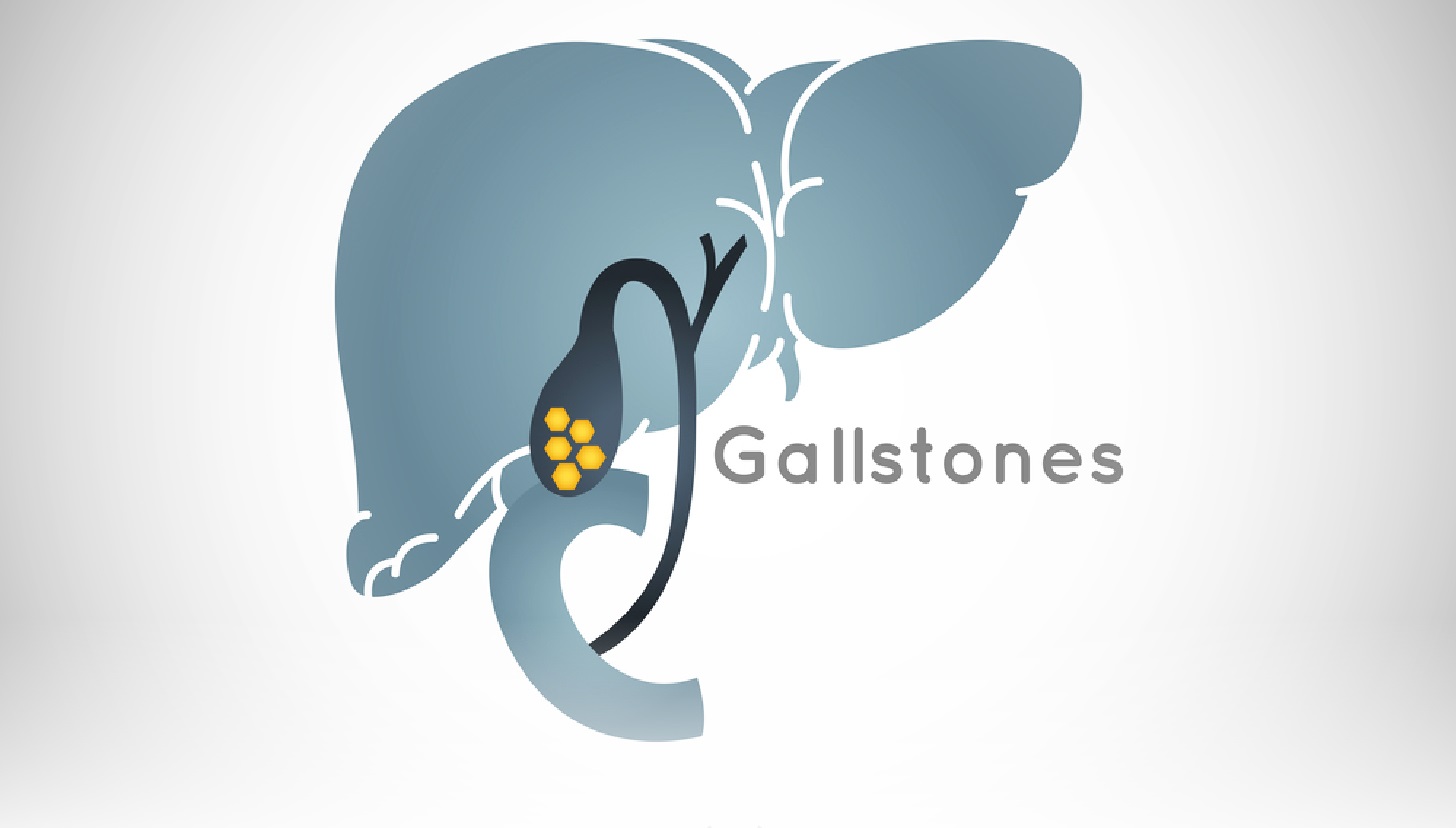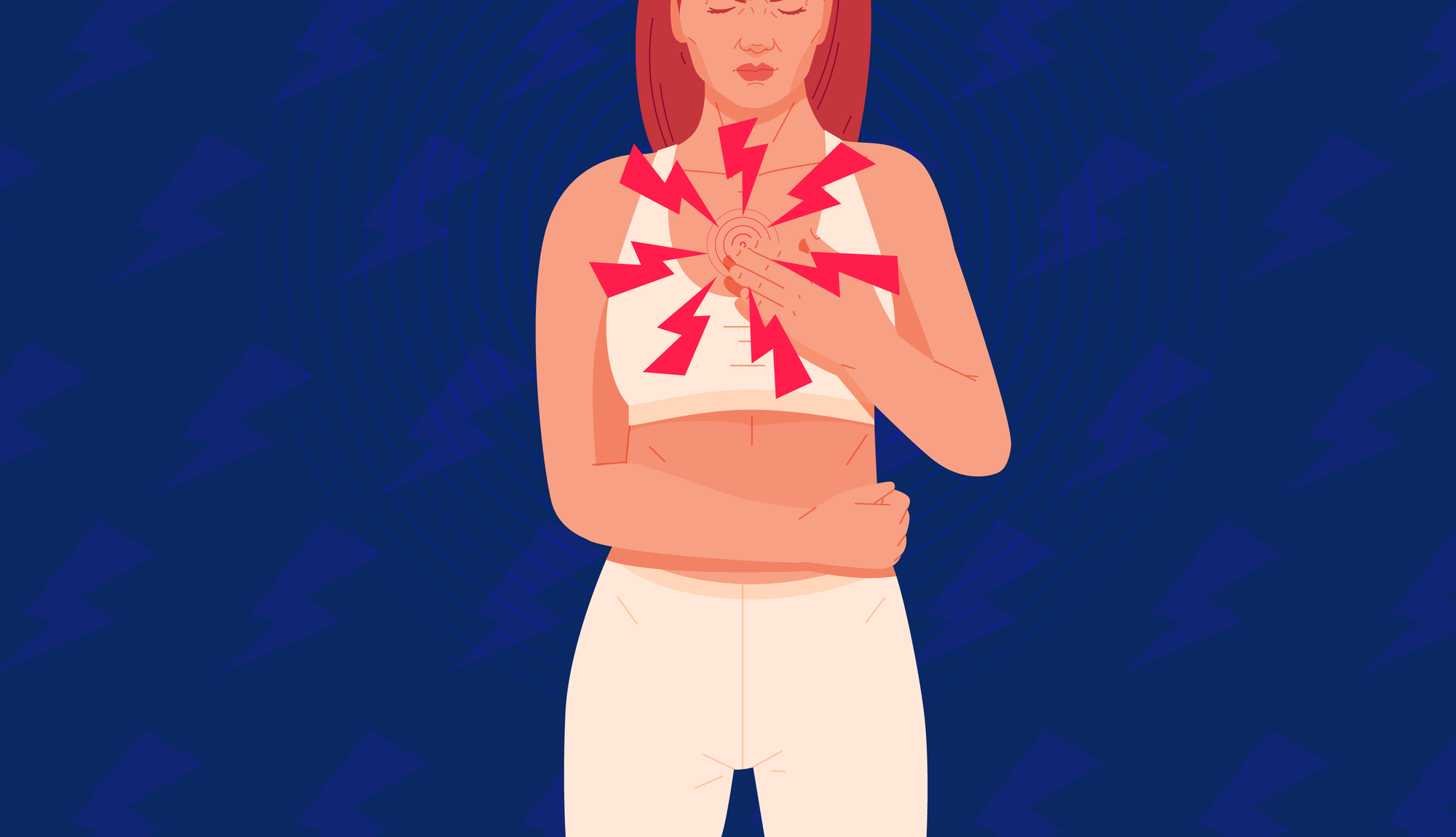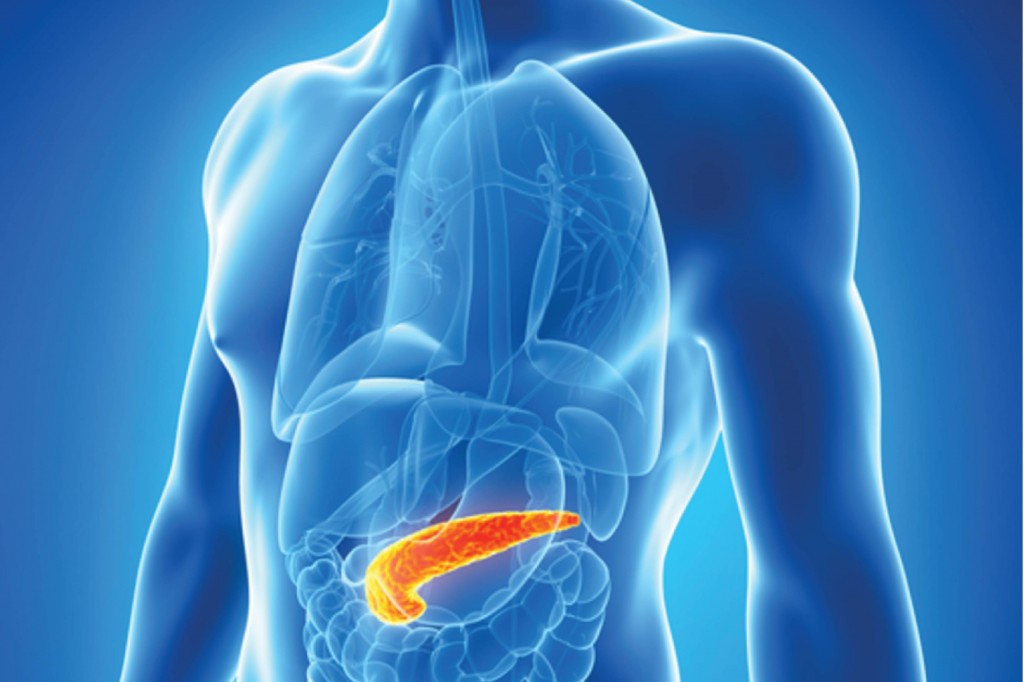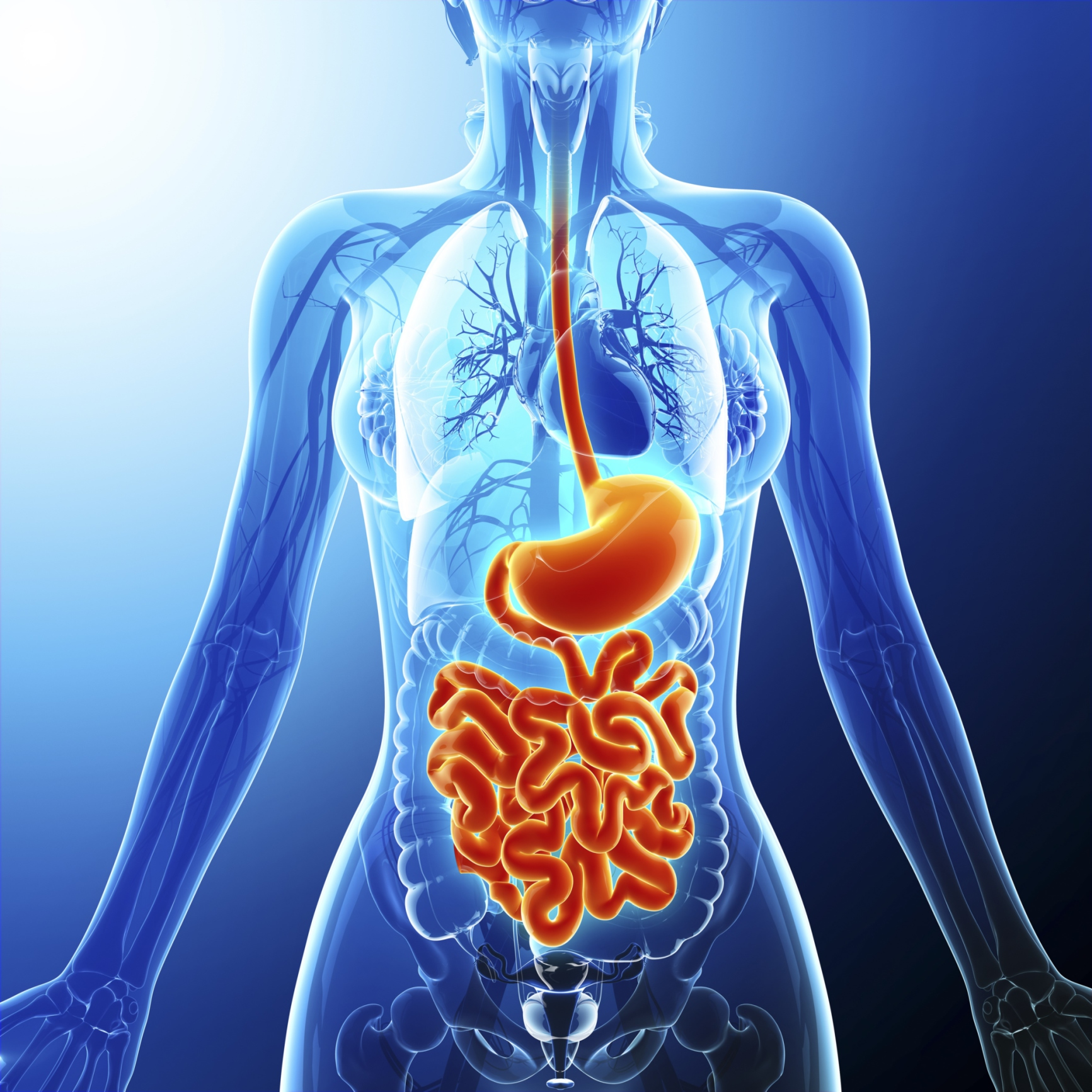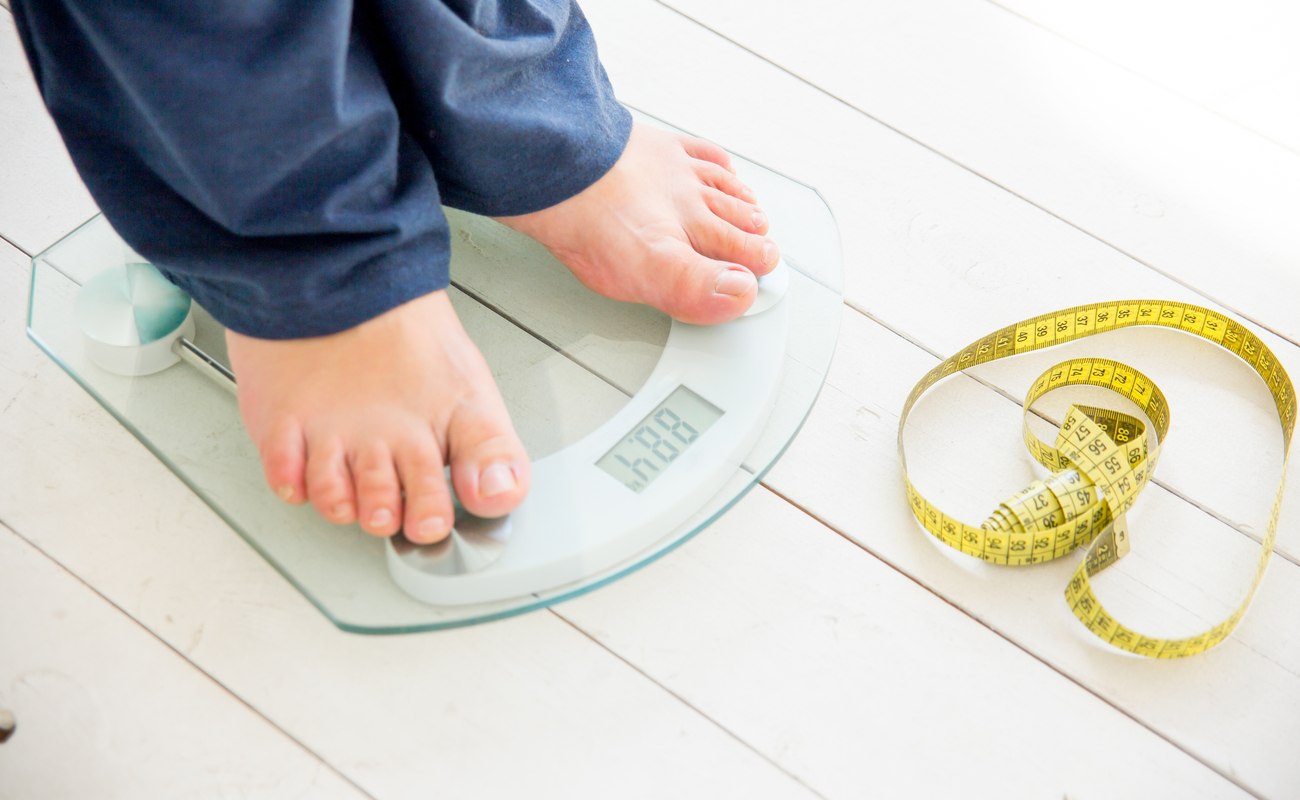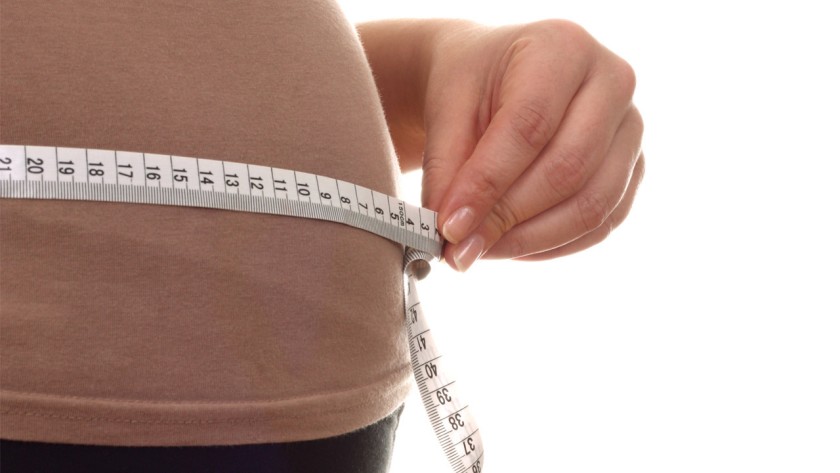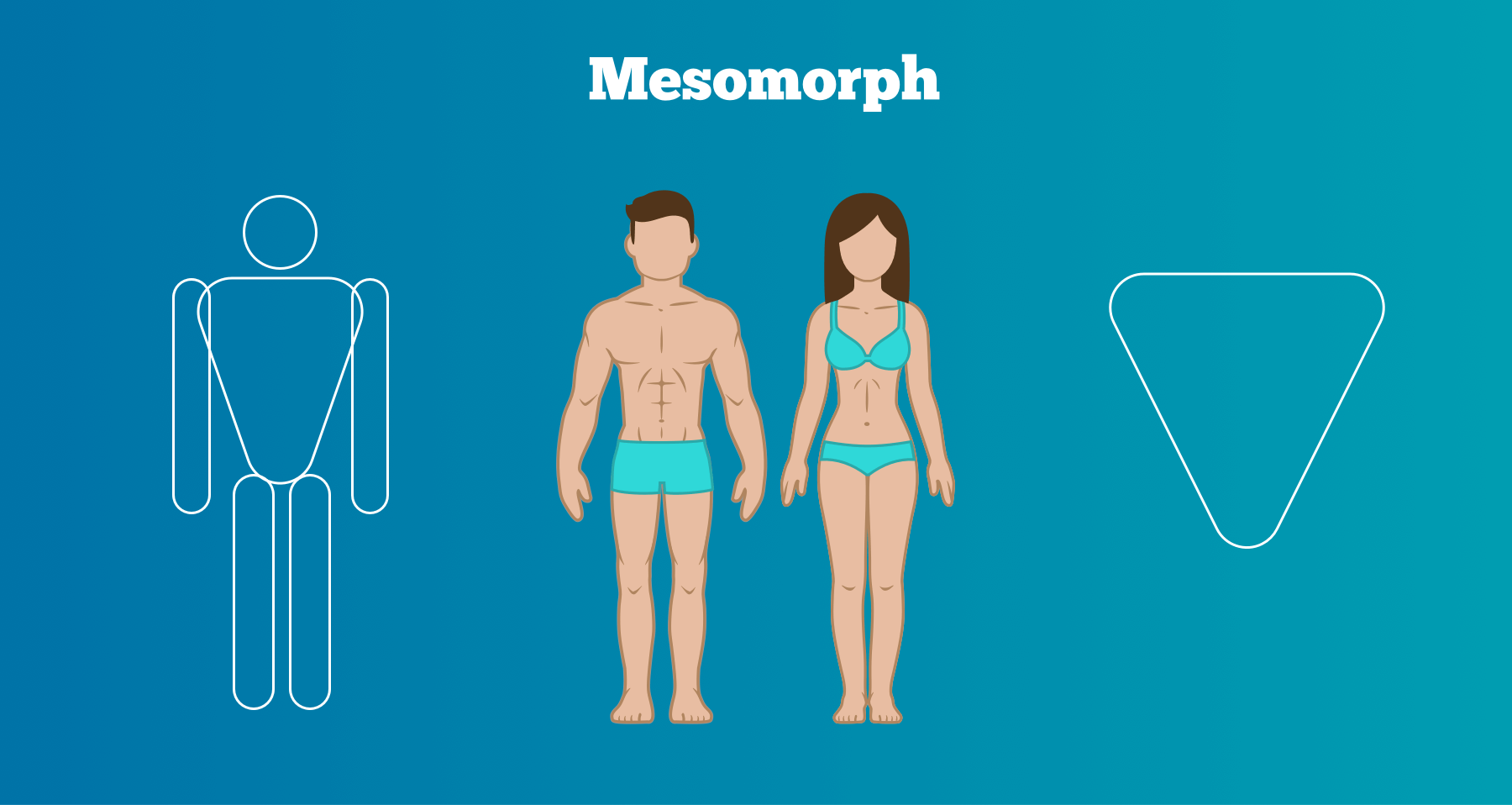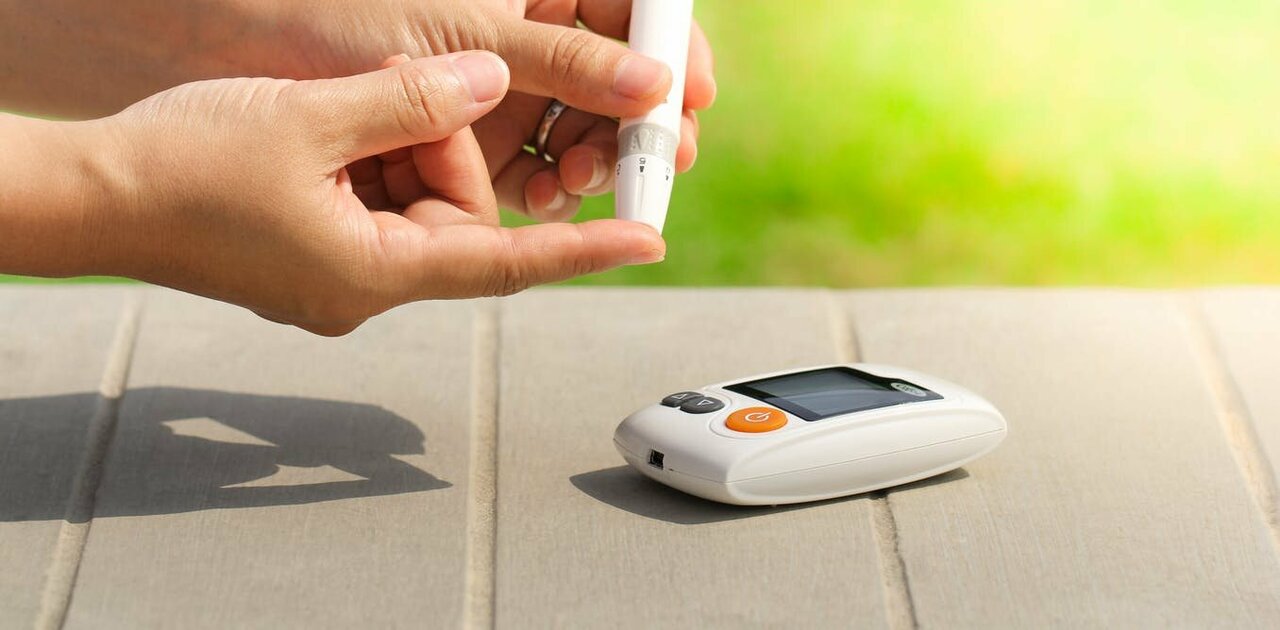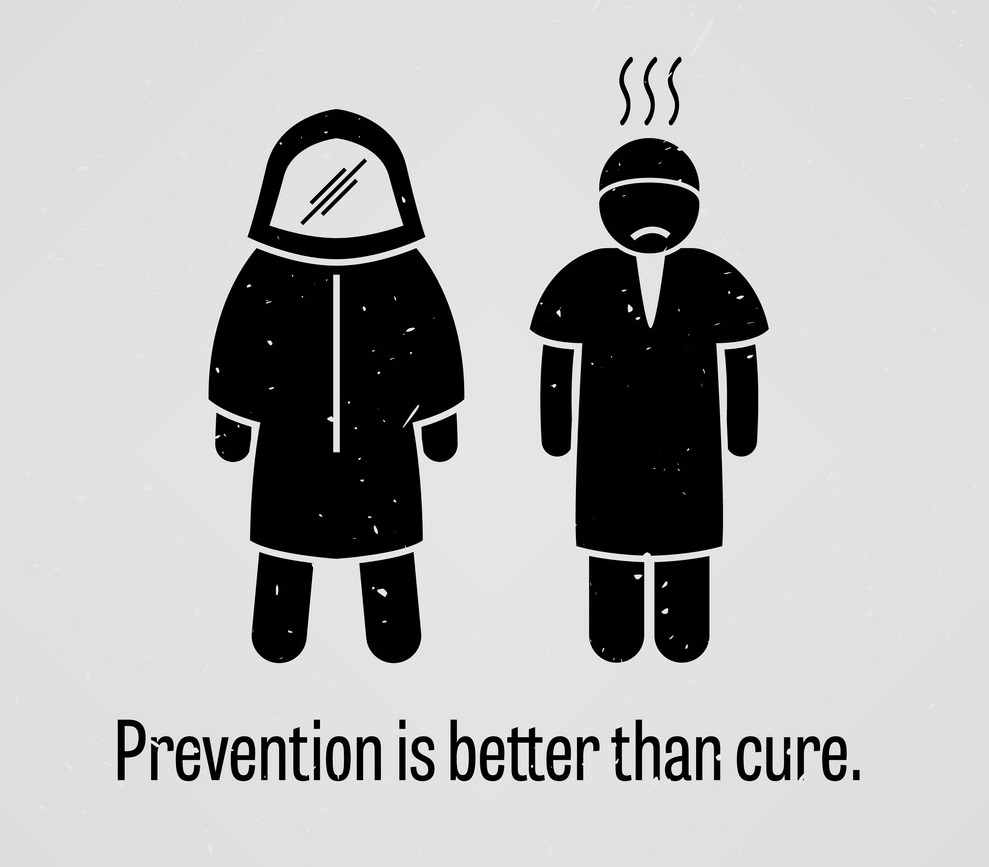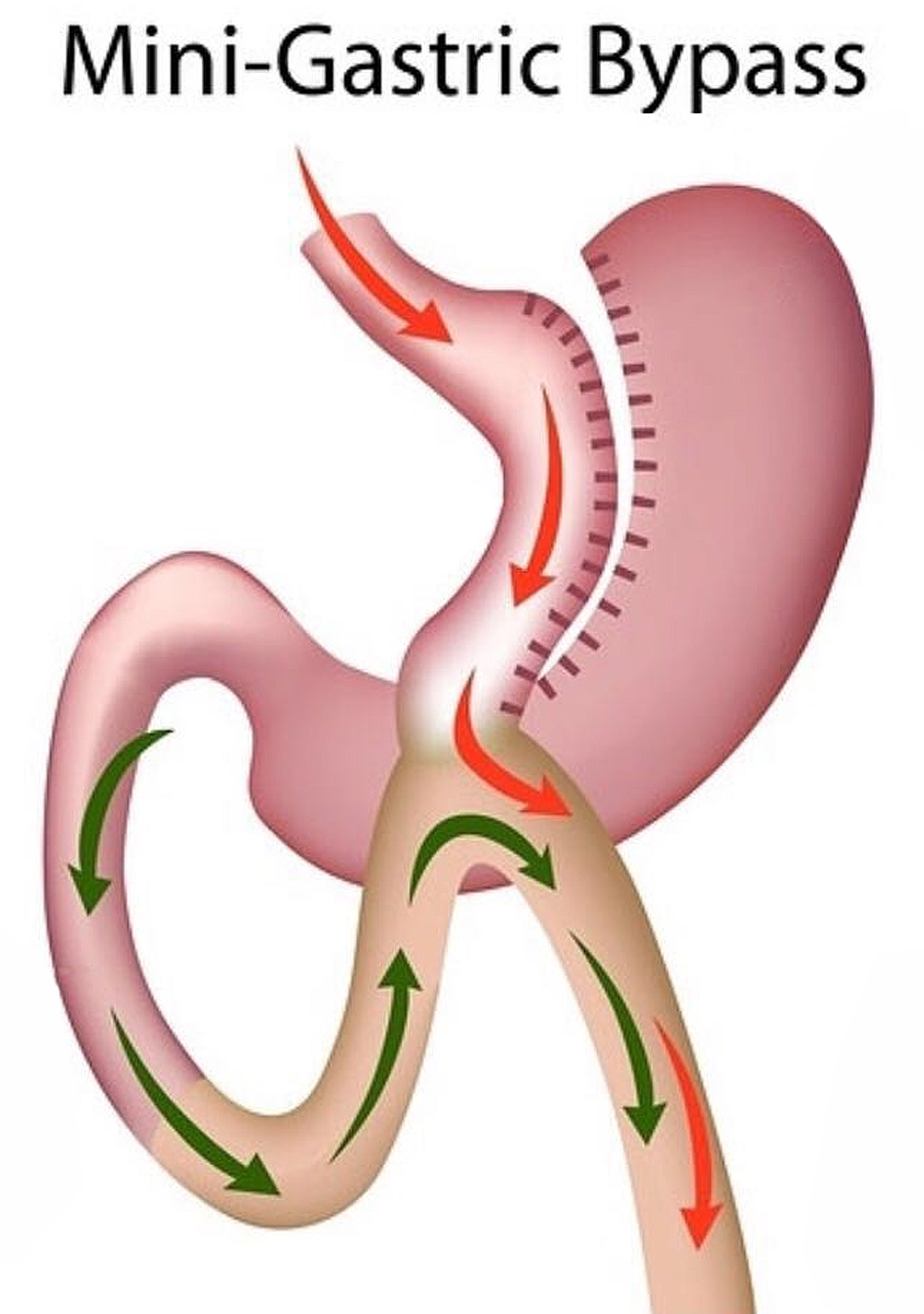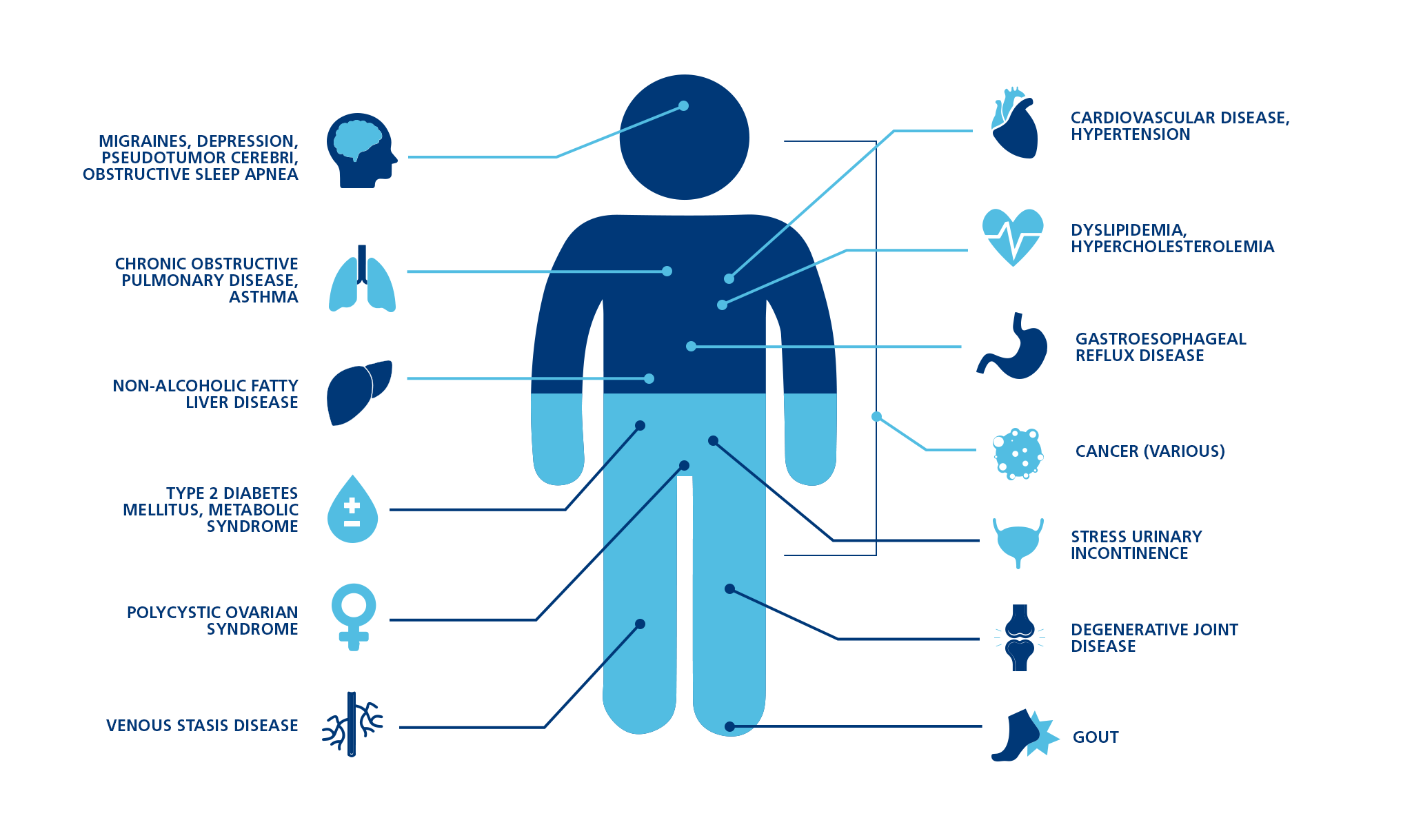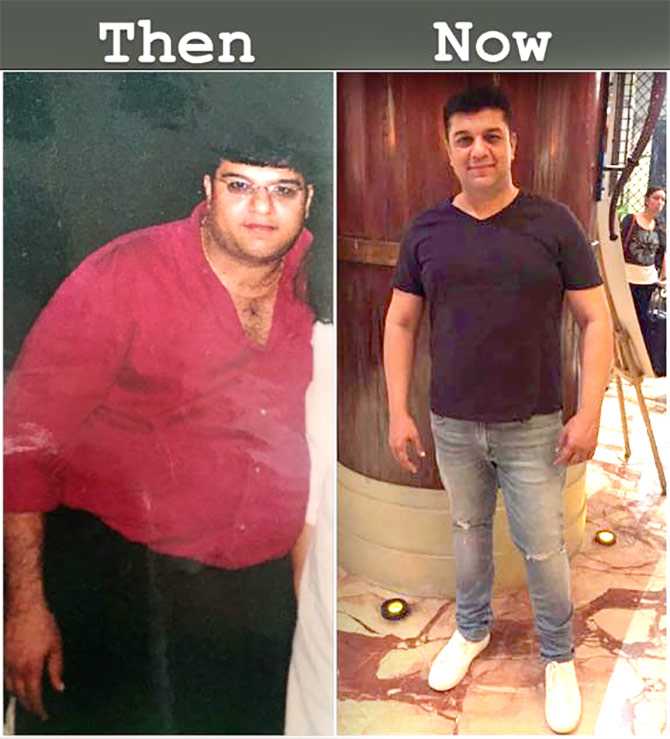Health news
Here Are 5 Ways to Tell If You’re Overweight
BMI readings aren’t necessarily an accurate measure of whether you’re overweight or obese. Here’s some other signals you might be carrying too many pounds.
SUMMARY: 60 SECOND READ
- 5 WAYS TO KNOW IF YOU’RE OVERWEIGHT-
- WAIST MEASUREMENT
- SNORING
- FREQUENT HEARTBURN
- ACHY JOINTS
- CHRONIC FATIGUE
- THE PROBLEM WITH BMI FOR MEASURING BODY FAT- Without considering muscles, any person with higher weight will fall into the category of overweight or obese even if the body has more muscle and less fat.
- HEALTH RISK OF EXCESS WEIGHT GAIN- Being overweight or suffering from obesity may result in several health issues like diabetes, heart problems to name a few.
- WHERE TO LOOK FOR HELP- Do not hesitate to consult a professional when it comes to your health.

Body image activists promote a message of acceptance and self-love.
On social media, where this appreciation and affection for one’s self can wane with the better-than-perfect images so many people present, these activists fight back with hashtag campaigns such as #loveyourbody and #positivebodyimage.
The idea is to help promote appreciation for the skin you’re in, to learn to love yourself exactly as you are. The message is optimistic and uplifting, but it carries with it several possible negative consequences.Two of these concerns are the “healthy obesity ” and “fat but fit” monikers that researchers say do overweight and obese individuals a disservice for their health and future.
These five methods may be easier to use and understand than a BMI reading.
The experts Obesity Doctor interviewed say they hope these methods encourage more individuals to seek help with their weight issues and have an honest discussion with their doctor.
1. Waist measurement
The best way to tell if you’re at a healthy weight is from your waist size.
A waist circumference greater than 35 inches in women and greater than 40 inches in men could not only determine overweight status but put a hard-and-fast number on one’s health.
Waist circumference above these numbers indicates excessive belly fat, a dangerous type of fat surrounding vital organs, which increases one’s risk of diabetes, high cholesterol, high blood pressure, and the metabolic syndrome.
The advantage of this tool is that it is quick to perform and is a rather reliable predictor of risk for type 2 diabetes, hypertension, and heart disease.
To measure your waist circumference, Place it on the top of your hip bone, bringing it around your body and level with your belly button.Resist the temptation to suck in and don’t make the tape too snug. An inaccurate reading only hurts you.
2. Snoring
If your partner, best friend, or even you notice excessive snoring and you wake up restless, it may be a good reason to check your weight. If you snore frequently and rarely get a good night’s sleep, you may suffer from sleep apnea.
Sleep apnea is a condition that causes your breathing to repeatedly stop and start again when you’re sleeping. It can cause loss of oxygen and extreme fatigue during waking hours. Most people with this condition tend to snore due to airway obstruction.
When your body stores fat around the neck, it may narrow the airway causing shallow breathing or pauses in breathing.
3. Frequent heartburn
Changes in your body weight, even slight ones, can lead to more acid reflux.
More than one-third of overweight and obese individuals experience gastroesophageal reflux disease (GERD). Some research suggests there’s a connection between being obese and developing GERD.
Other symptoms of this condition include belching, nausea, a bitter taste in your mouth, and abdominal pain.
4. Achy joints
Obesity is a risk factor for osteoarthritis, the most common type of arthritis.
Osteoarthritis is a disabling disorder that leads to joint deterioration, pain, decreased joint mobility, and a reduced quality of life.
Carrying around extra weight applies more pressure on all of your joints, and as you gain weight, the pressure increases.
If you have achy knees or hips, or chronic back pain, you may be experiencing signs of a weight problem.
5. Chronic fatigue
Excess weight puts additional pressure on your organs, including your lungs.
If simple tasks, such as tying your shoes or cleaning a room, lead to fatigue, shortness of breath, or difficulty breathing, you may have a weight problem.
Likewise, overweight and obese individuals have a greater risk of developing asthma.
People with weight problems may experience chronic inflammation because of the excess weight. This may lead to inflammation in airways and can make breathing more difficult.
Summary- 5 ways to know whether you are overweight or obese are- WAIST MEASUREMENT, SNORING, FREQUENT HEARTBURN, ACHY JOINTS and CHRONIC FATIGUE
The problem with BMI for measuring body fat
A BMI number is designed to give you an idea of how much body fat you have as a ratio of your weight to height.
It’s measured by taking your weight in kilograms and dividing it by your height in meters squared.
A reading at or over 30 means you’re obese. A reading at or over 40 is severe obesity.
BMI can be a difficult way for the common person to know their degree of overweight or obesity.
Additionally, BMI can’t take into account muscle you might be carrying, which means false readings are possible.
BMI is not useful to measure an individual’s health. By BMI standards, most athletes with more muscle mass hence more weight are obese.
Summary- Without considering muscles, any person with higher weight will fall into the category of overweight or obese even if the body has more muscle and less fat.
Health risk of excess weight gain
The increasing weight carries with it real consequences for today and for the future.
Metabolically healthy obesity (MHO) is a term used for individuals who are overweight or obese but have no indications of health issues, such as increased blood glucose, high blood pressure, or high cholesterol levels.
Metabolic syndrome puts you at an increased risk for cardiovascular disease, type 2 diabetes mellitus, and other health complications.
That’s why doctors and dietitians are working to craft more useful ways to help their patients understand obesity and weight issues.
Summary- Being overweight or suffering from obesity may result in several health issues like diabetes, heart problems to name a few.
Where to look for help
Weight gain often happens slowly.
You add a couple of pounds here, a couple of pounds there. Even just five pounds per year adds up. People don’t recognize the slow creep of weight gain, and when you’re looking at yourself every day, it’s hard to see.
Most people see themselves in a picture from 5 or 10 years before, and that’s what brings them in — realizing how slowly the weight has piled on.
A lot of people would be offended if a doctor told them they were overweight or obese.Starting the conversation is difficult for both patient and doctor. Doctors rarely have the time to dedicate to a lengthy discussion about weight, weight loss, and the risks of obesity.
In a five-minute appointment, it’s easy for both patient and doctor to ignore the obvious weight issue and instead focus on the immediate need. In the future, however, the weight issue may rear its head if the reason you’re visiting is because of the impact of excess weight on your body.
“It is important for the patient to have a thorough assessment that includes a waist circumference reading to determine where the weight is, medical history, social history, and blood work that includes diabetes screening, lipid panel, and patient specifics that may cause increases in weight.
Summary- Do not hesitate to consult a professional when it comes to your health.
The Bottom Line
If you have concerns about your waistline, you should not use this article as an excuse to give up.
While you can’t fully control the way your body works, you can learn how to control your eating habits and change your lifestyle.
Unless there is some medical condition getting in your way, it is within your power to control your weight.
The point of this article is to open people’s minds to the fact that something other than individual responsibility plays a role in the obesity epidemic.
The fact is that modern eating habits and food culture must be changed to be able to reverse this problem on a global scale.
The idea that it is all caused by a lack of willpower is exactly what food producers want you to believe, so they can continue their marketing in peace.
Reference:
- https://www.hsph.harvard.edu/obesity-prevention-source/obesity-definition/how-to-measure-body-fatness
- https://www.nichd.nih.gov/health/topics/obesity/conditioninfo/diagnosed
- https://www.cdc.gov/healthyweight/assessing/index.html
Check out our Weight loss Program
Weight Loss Program

